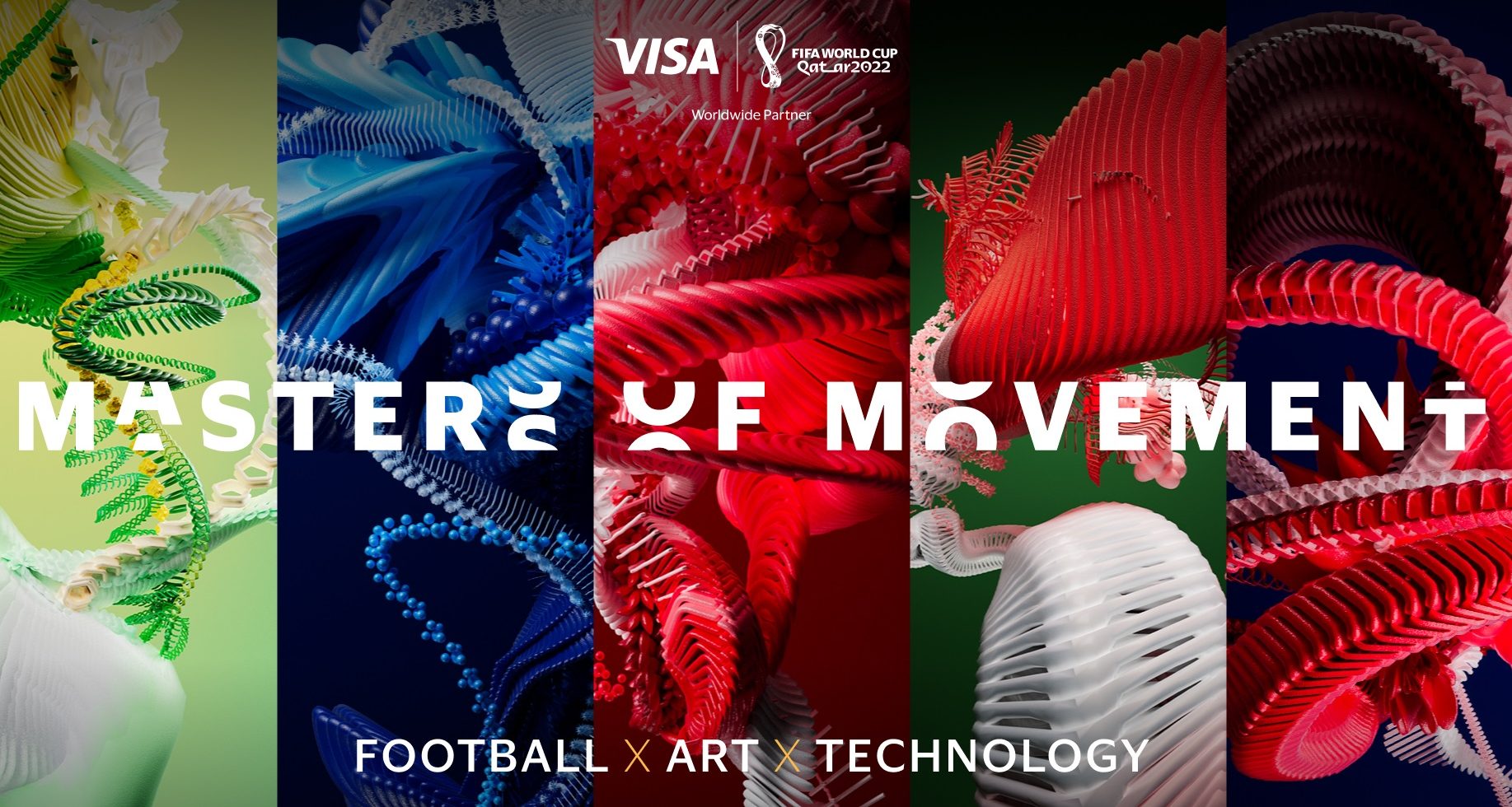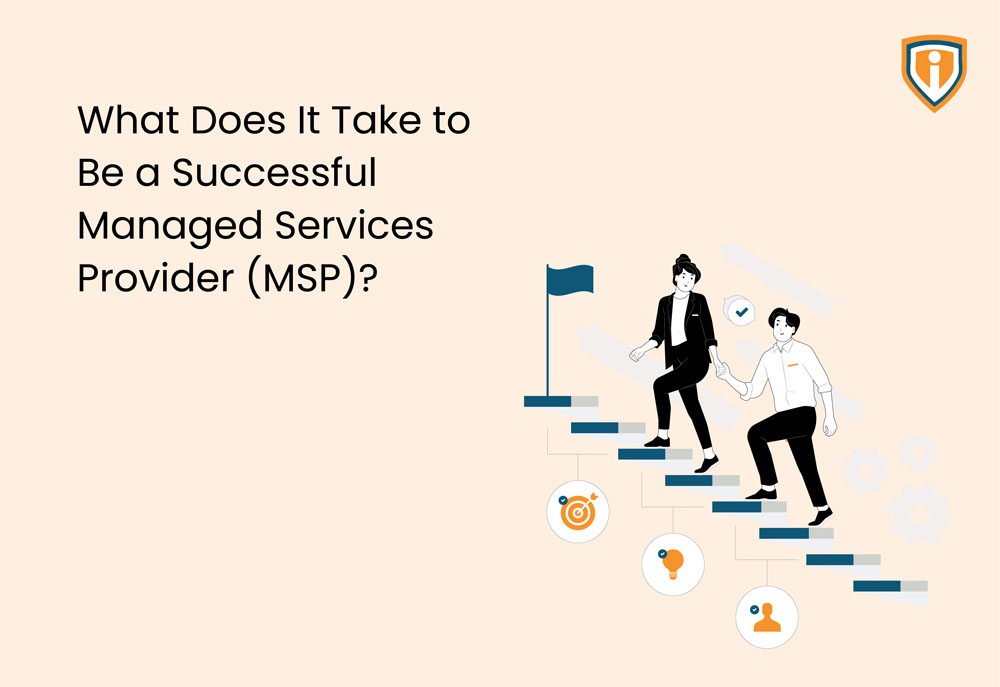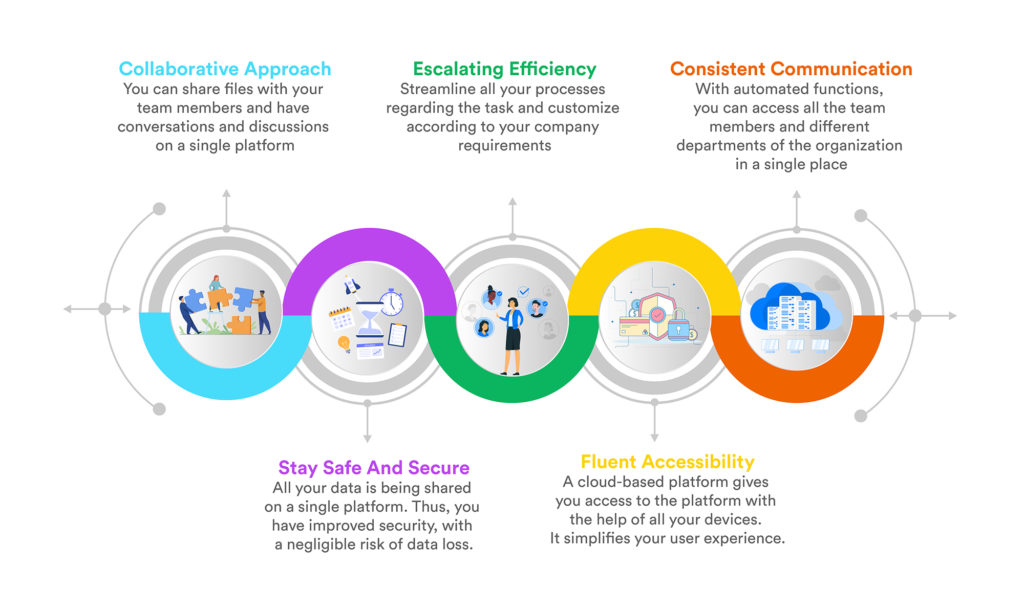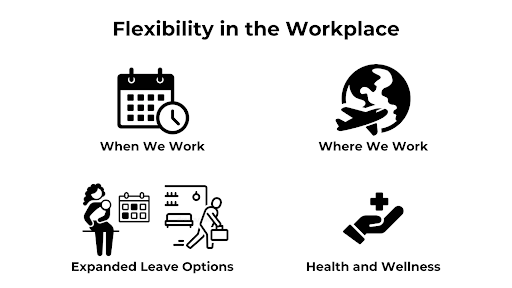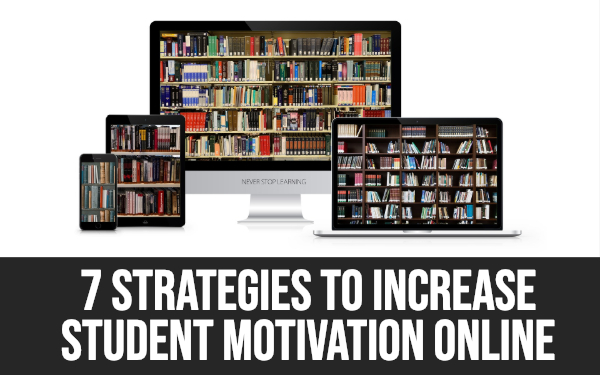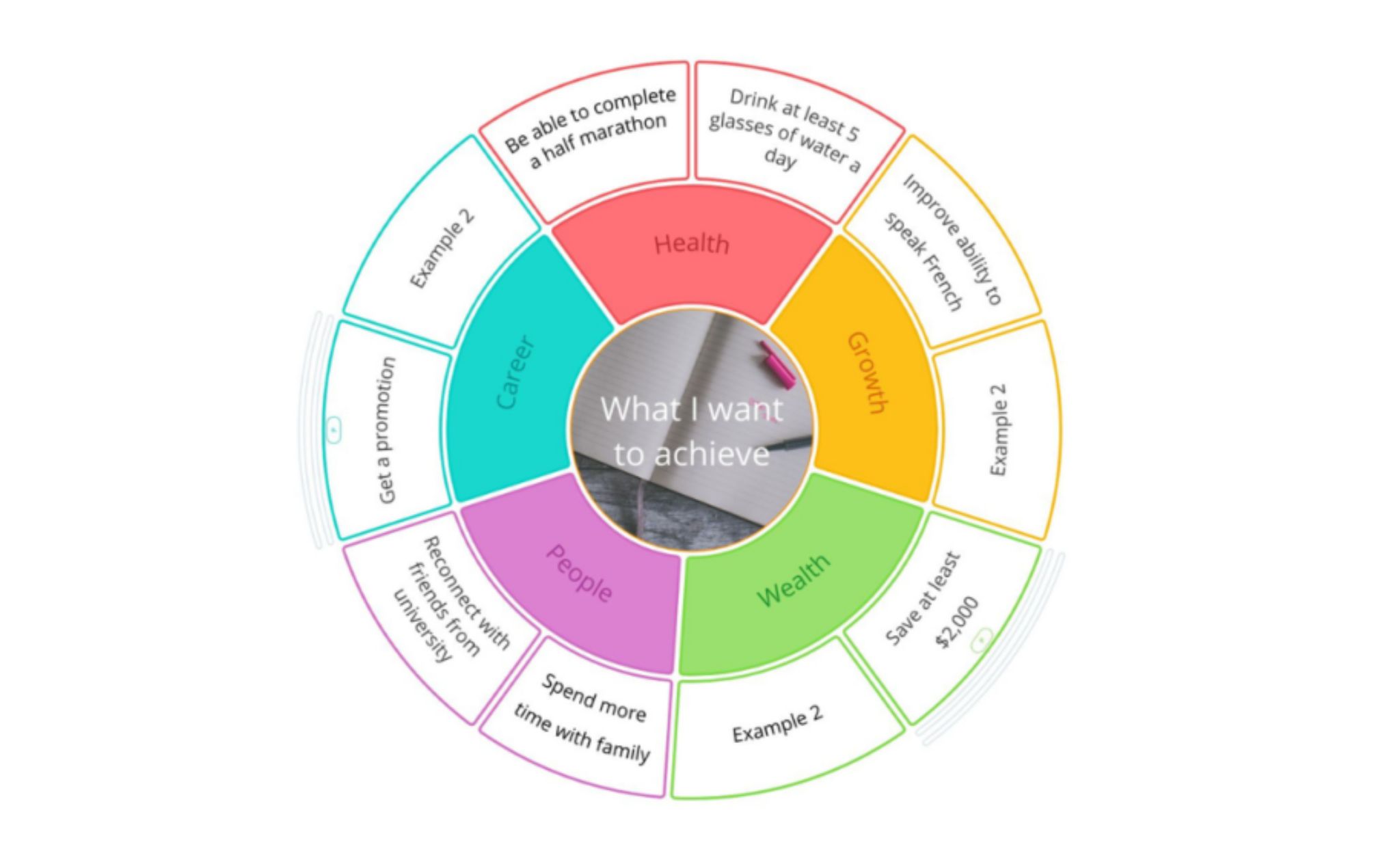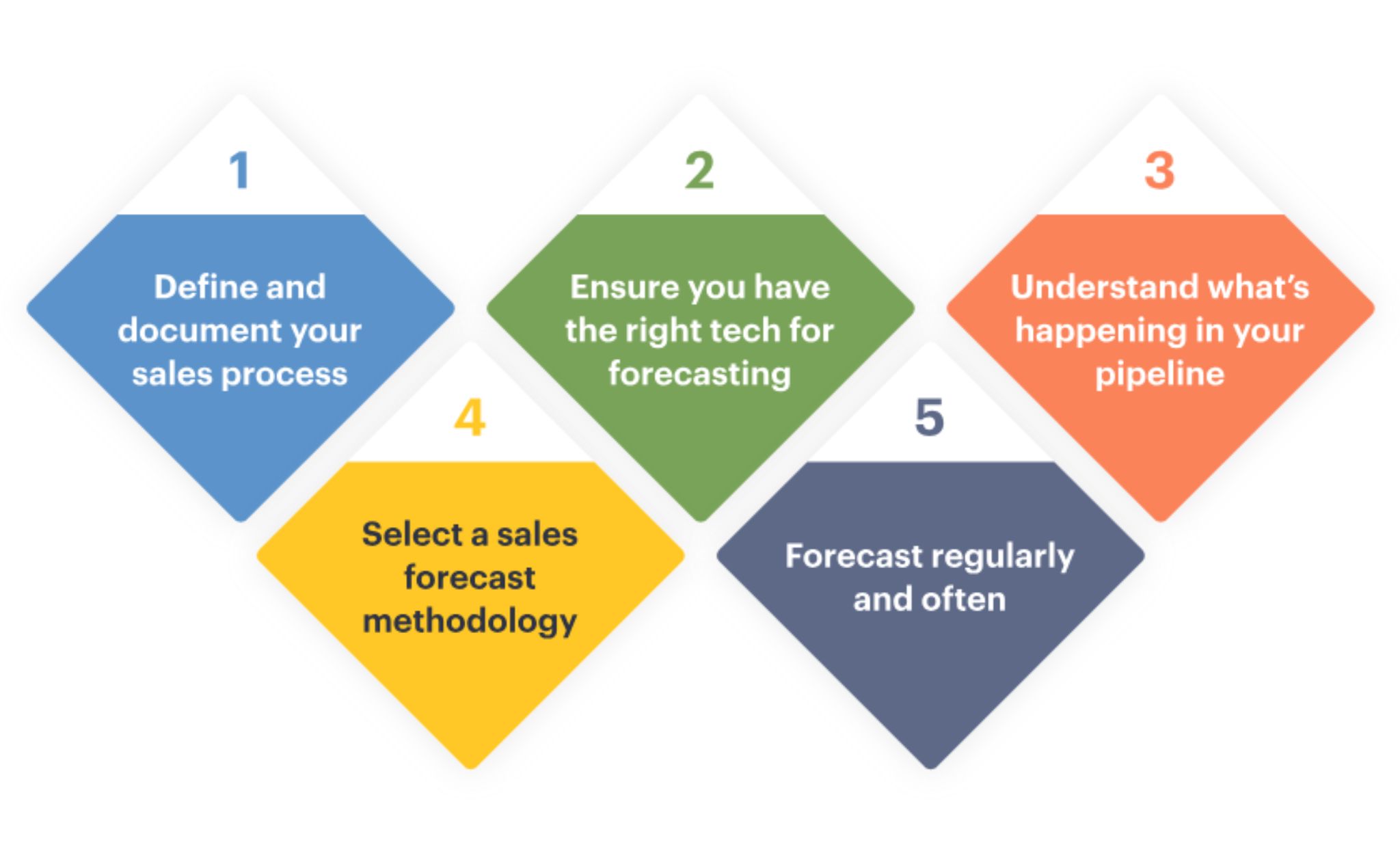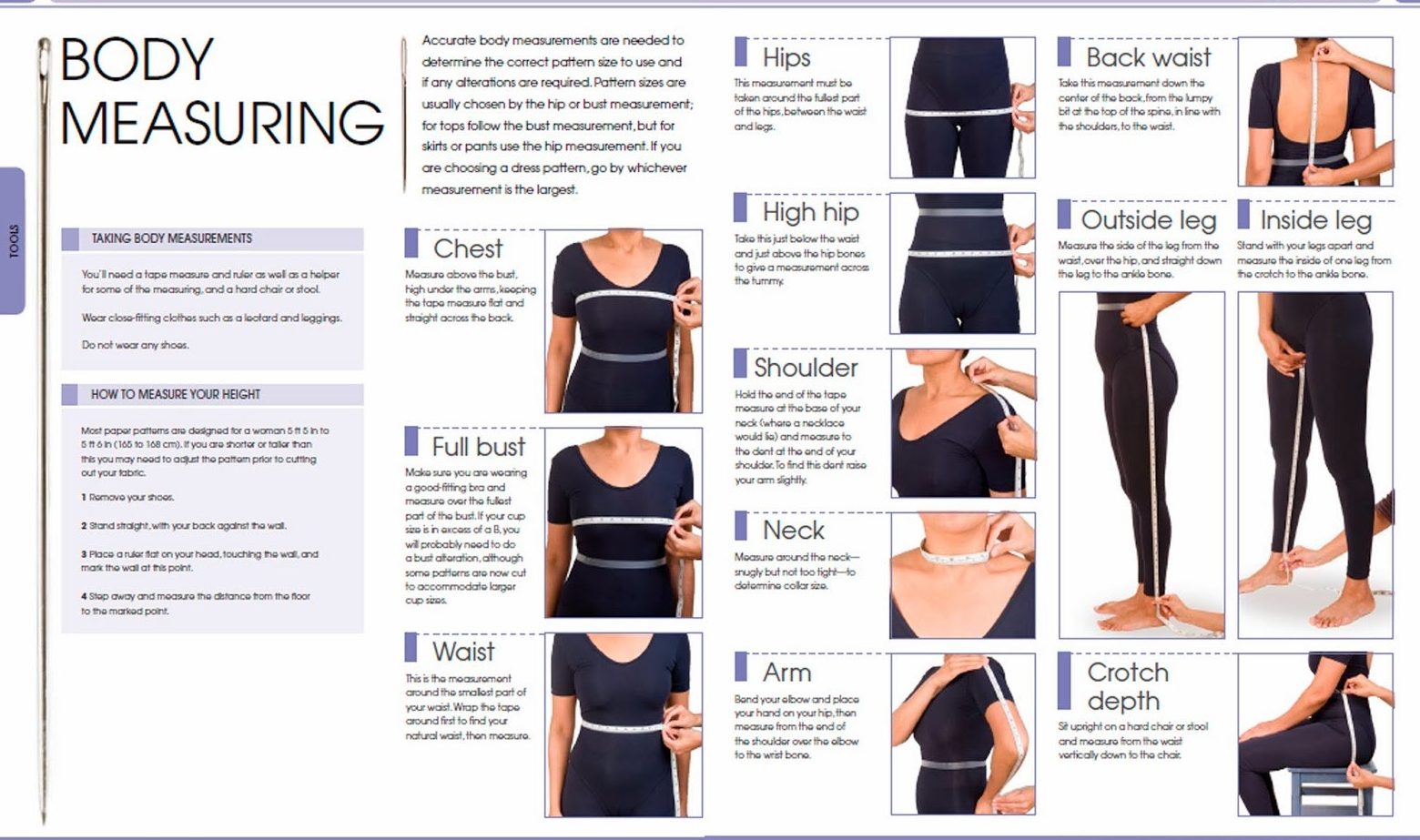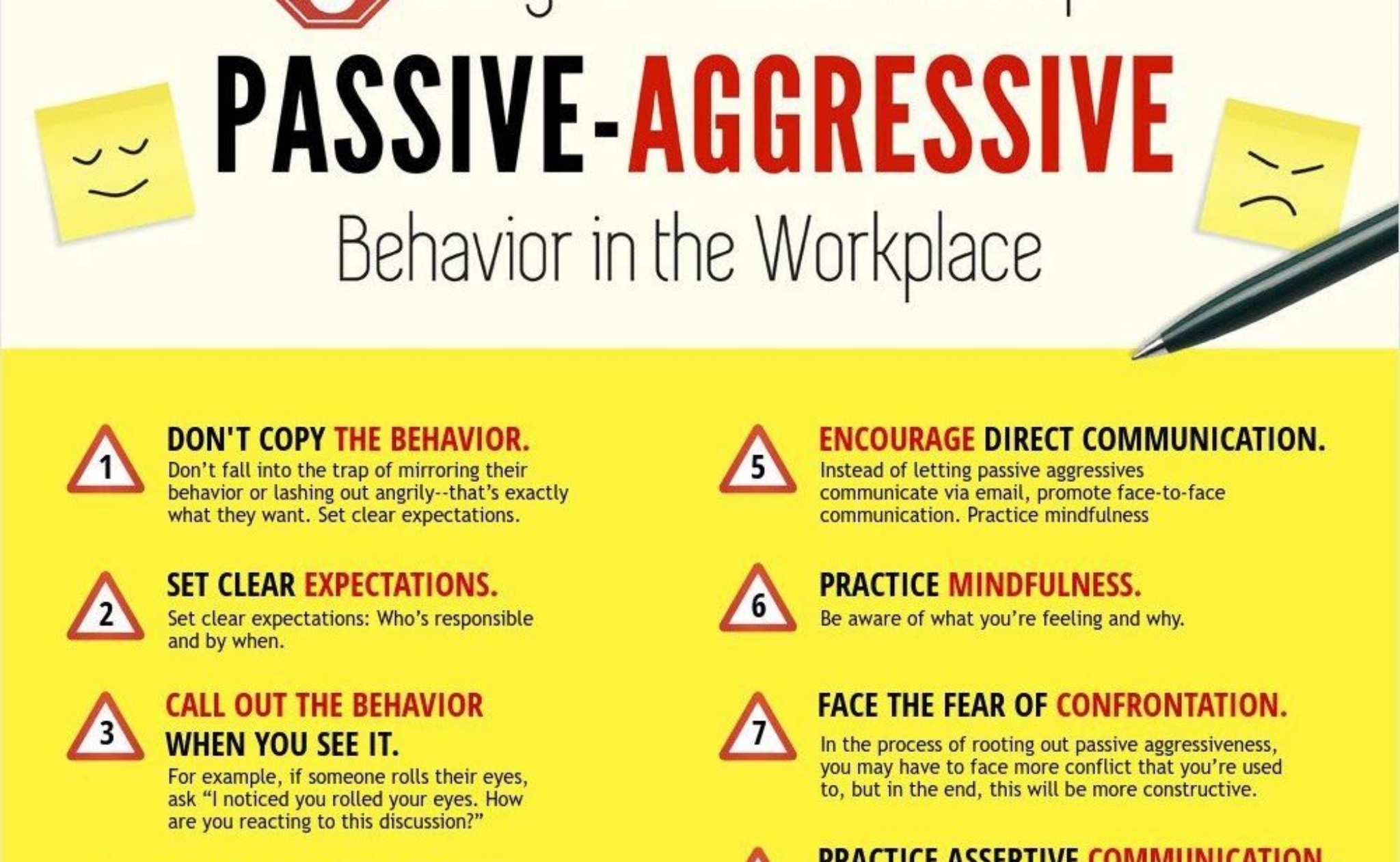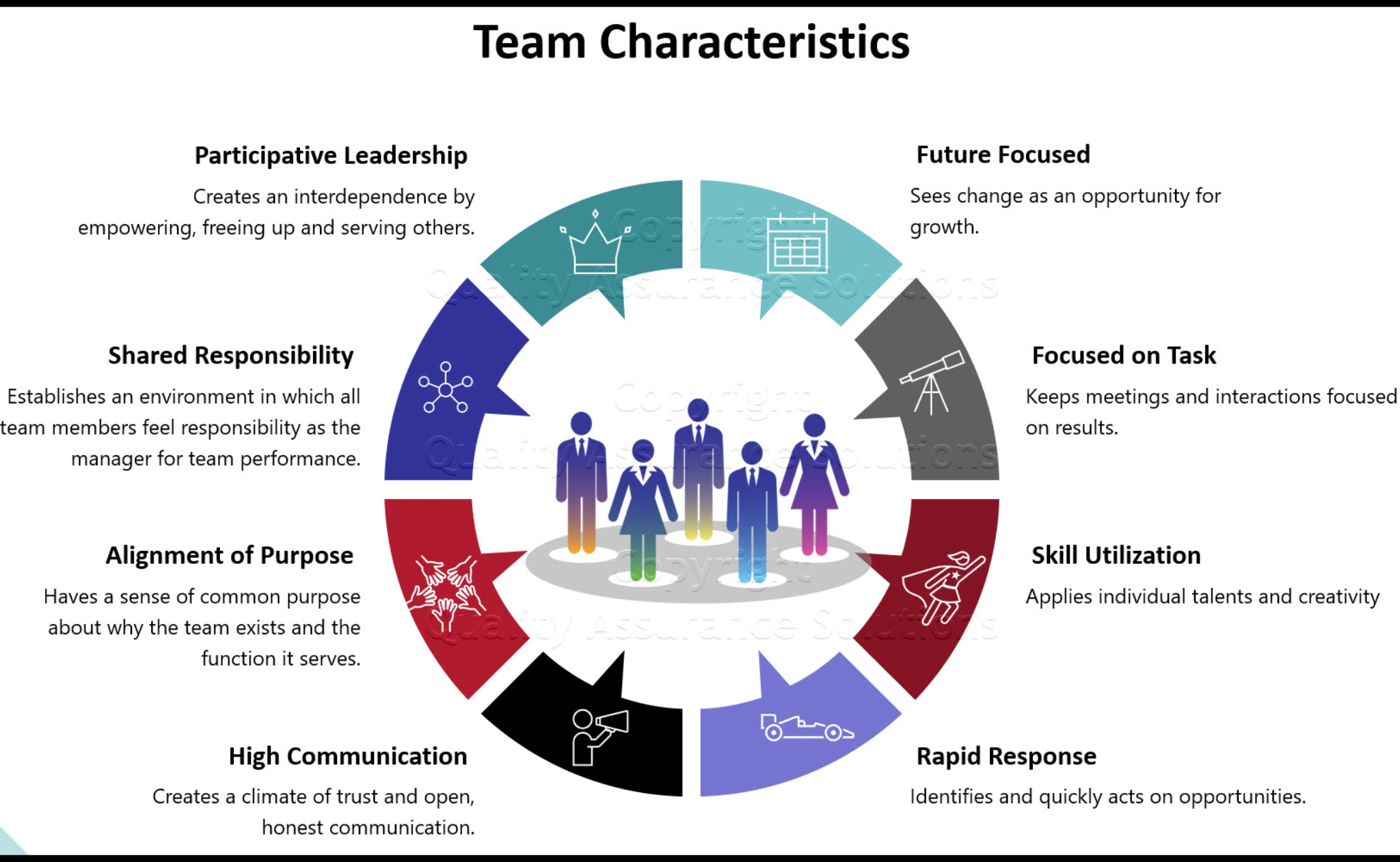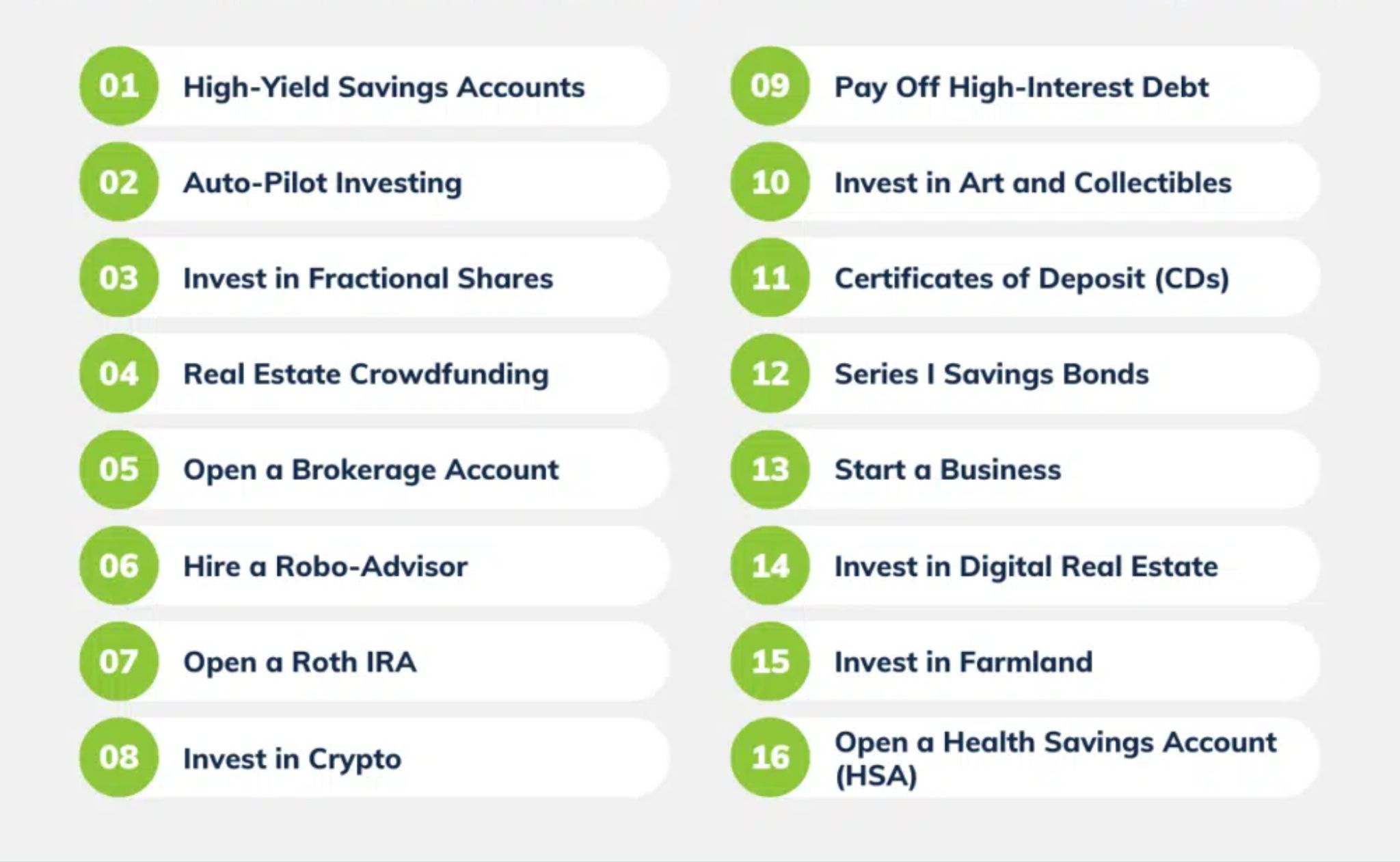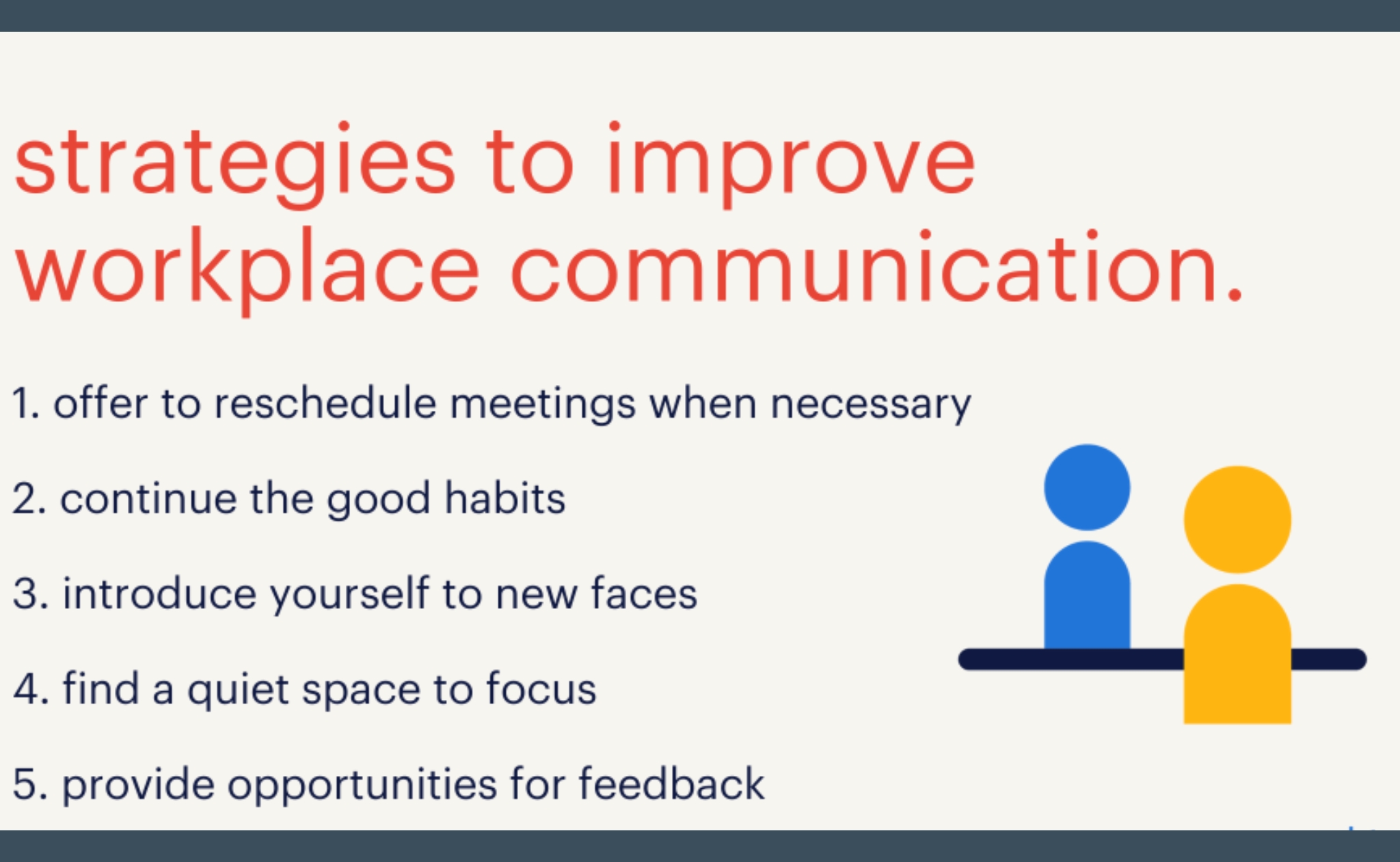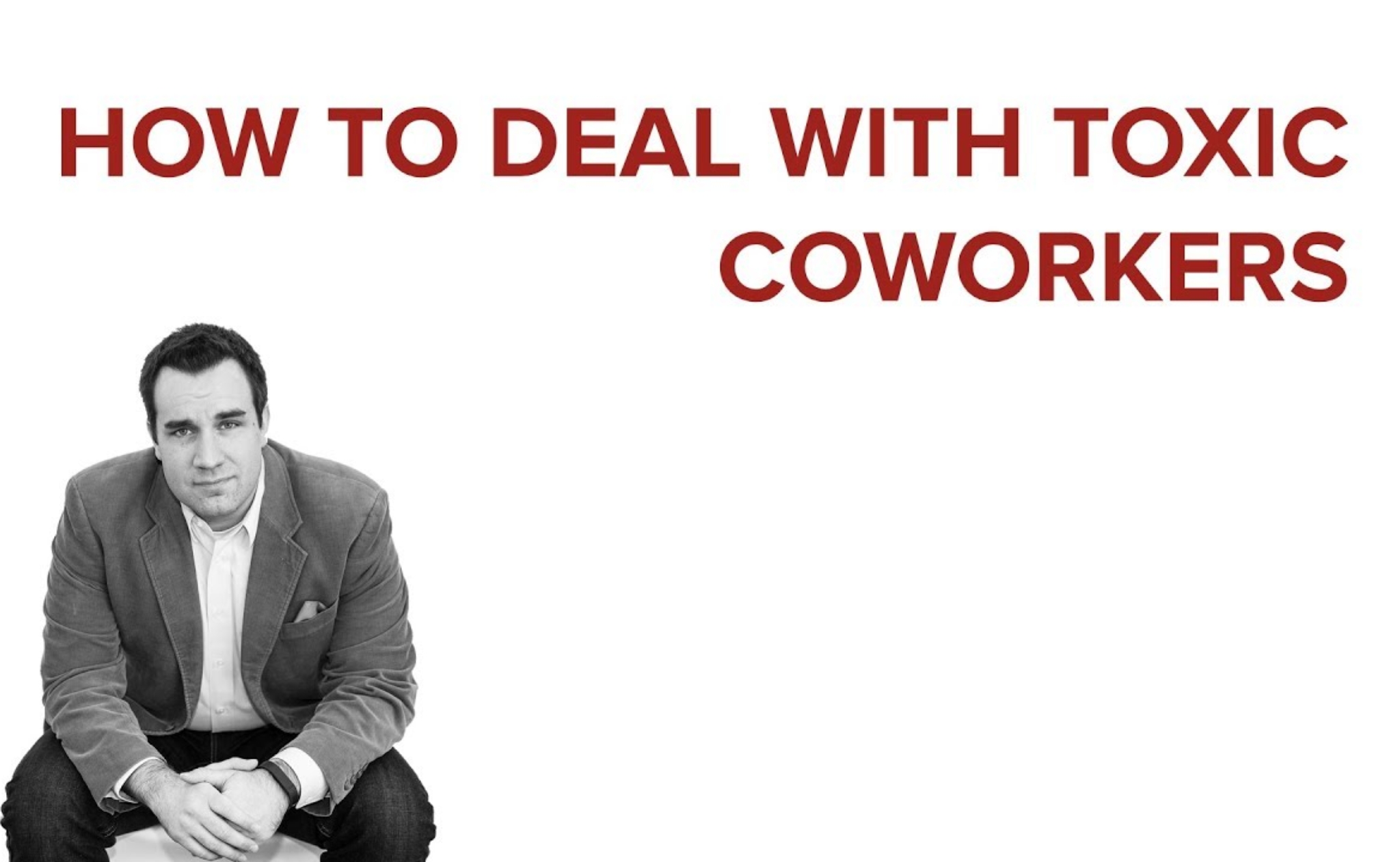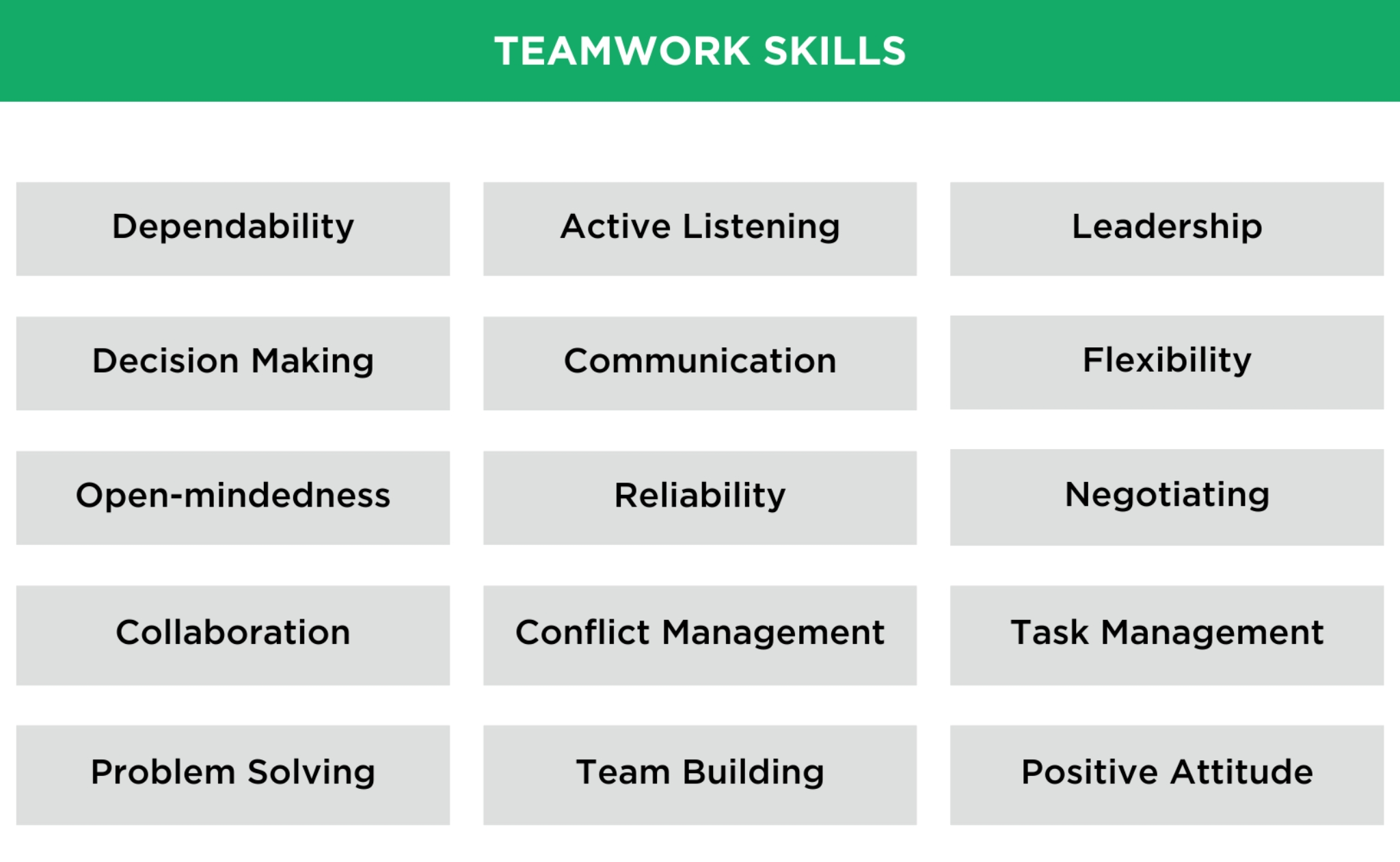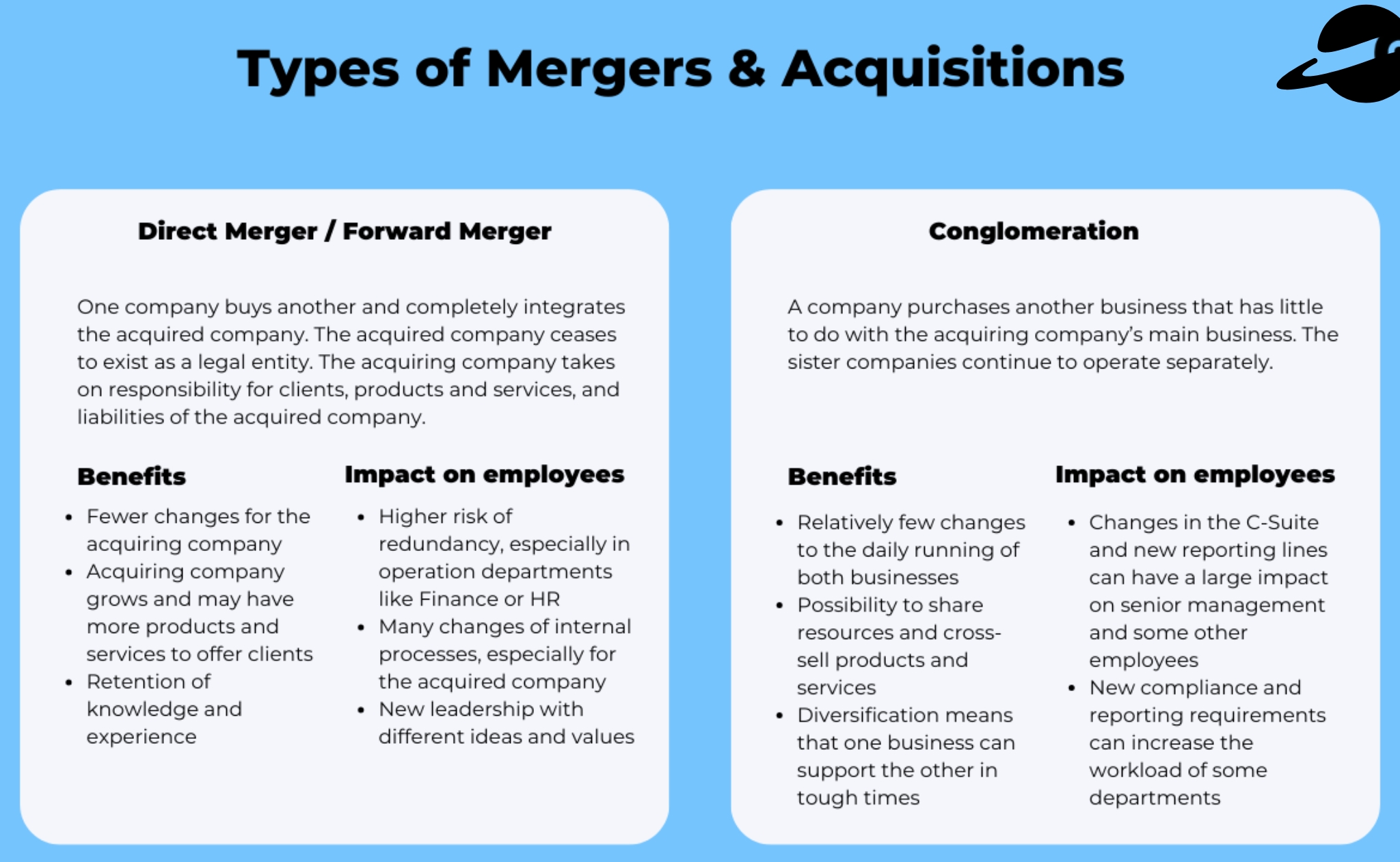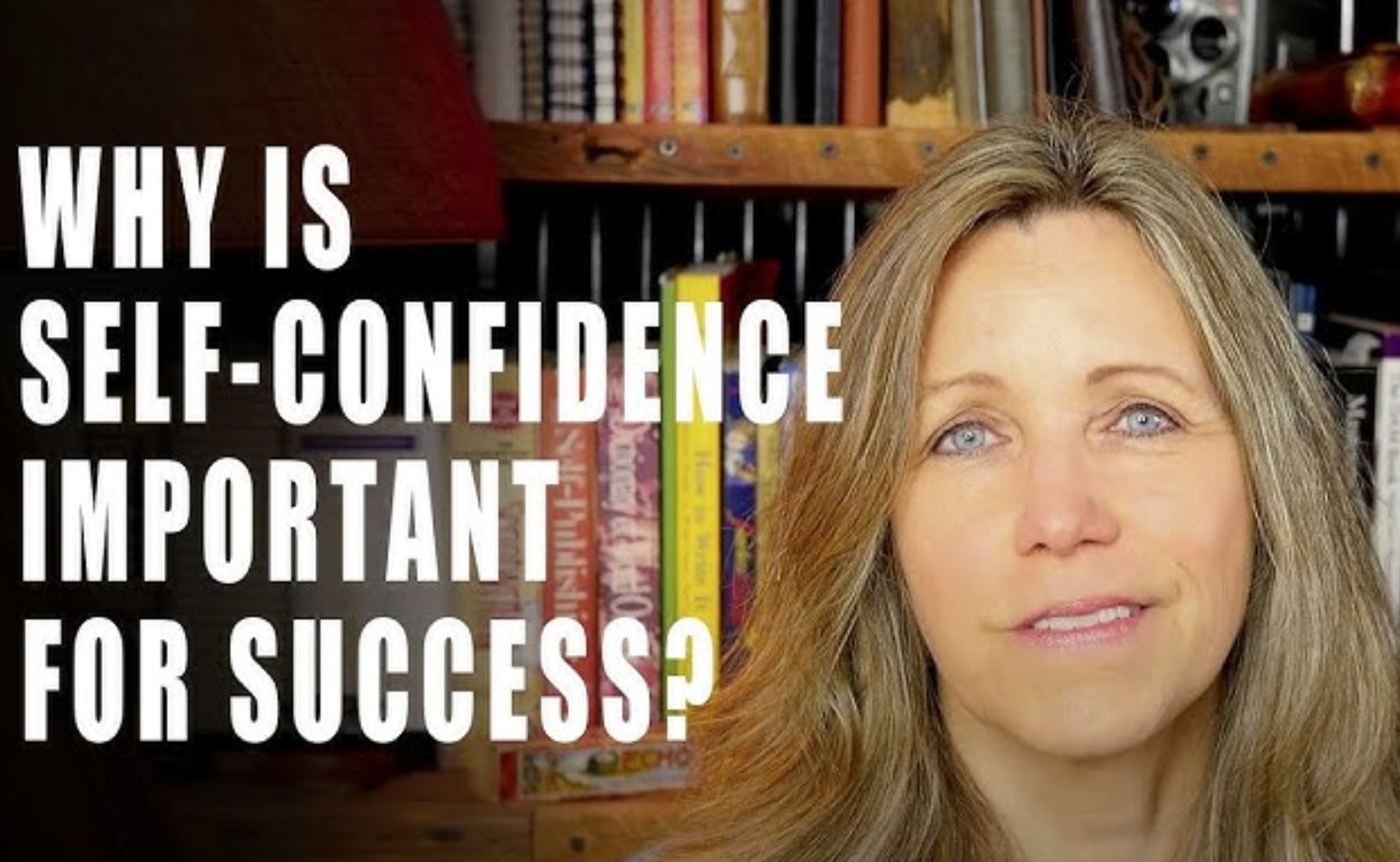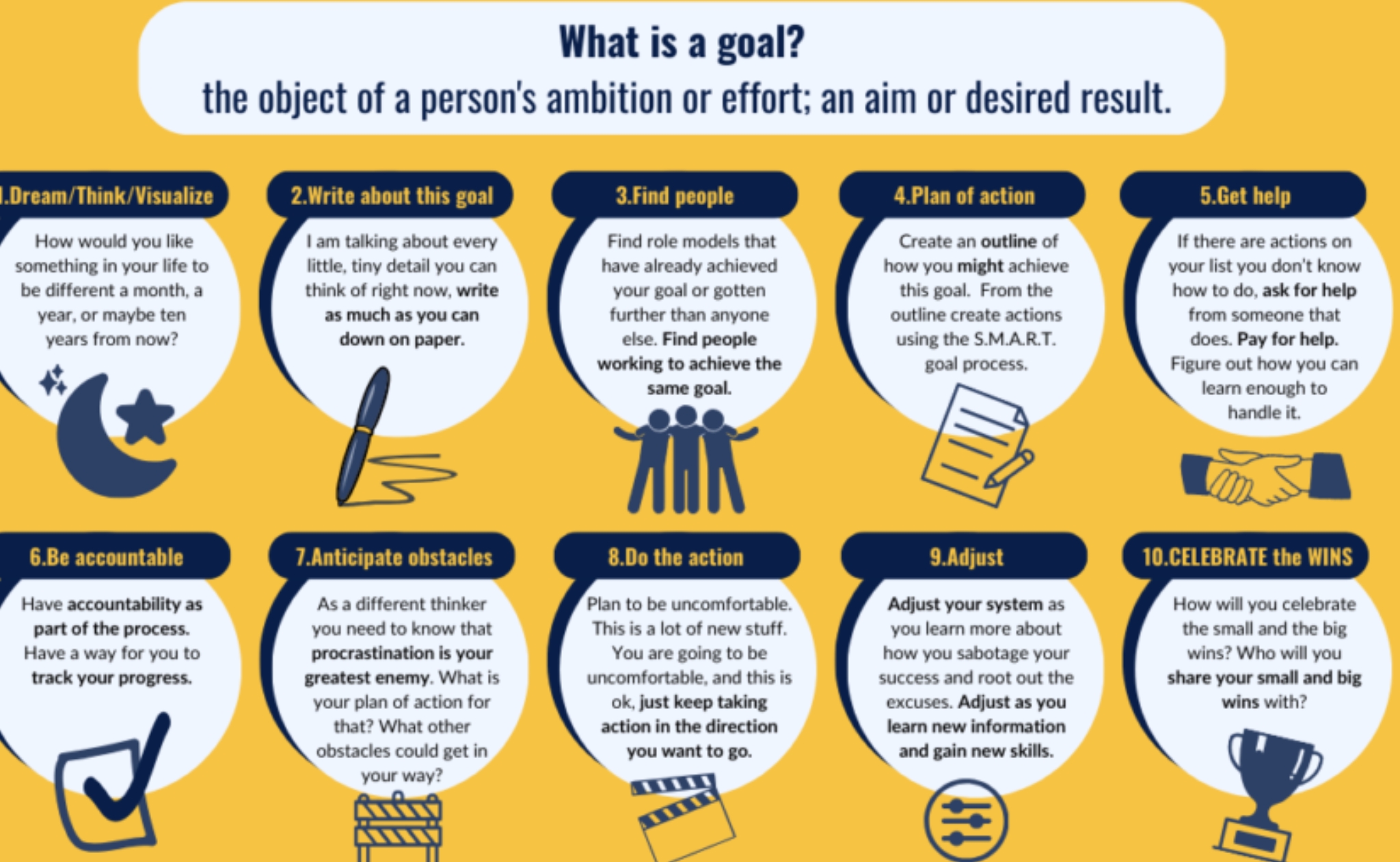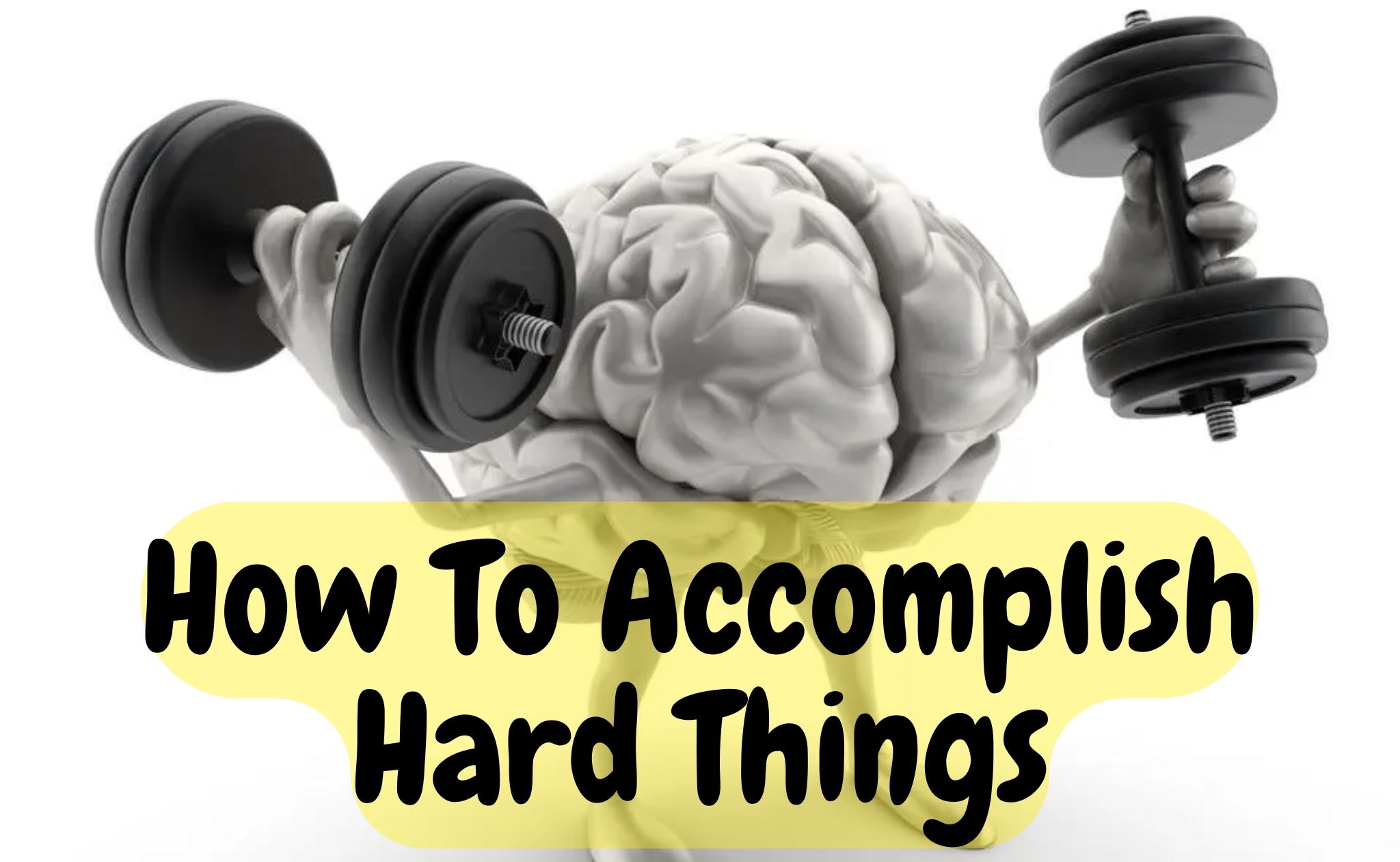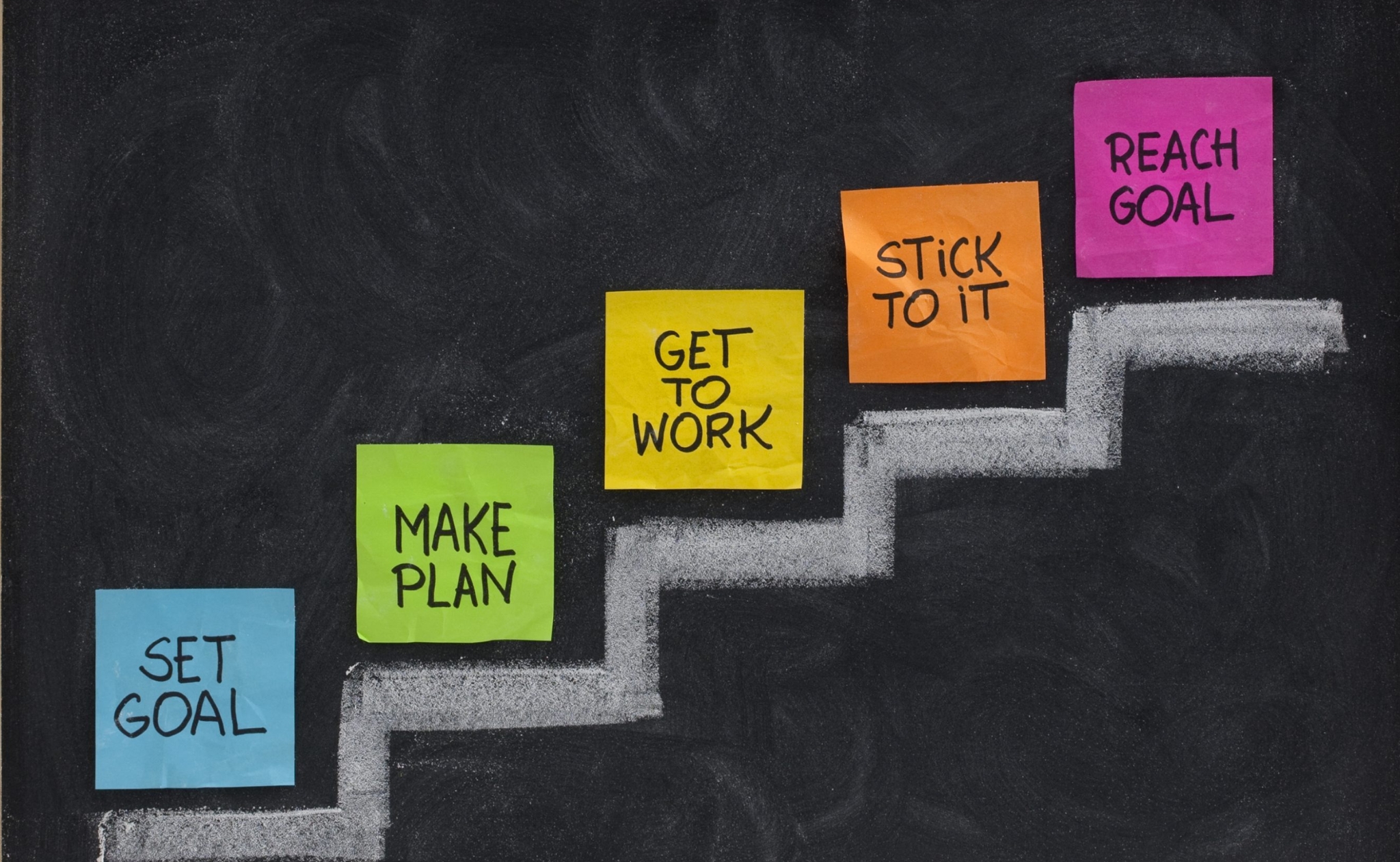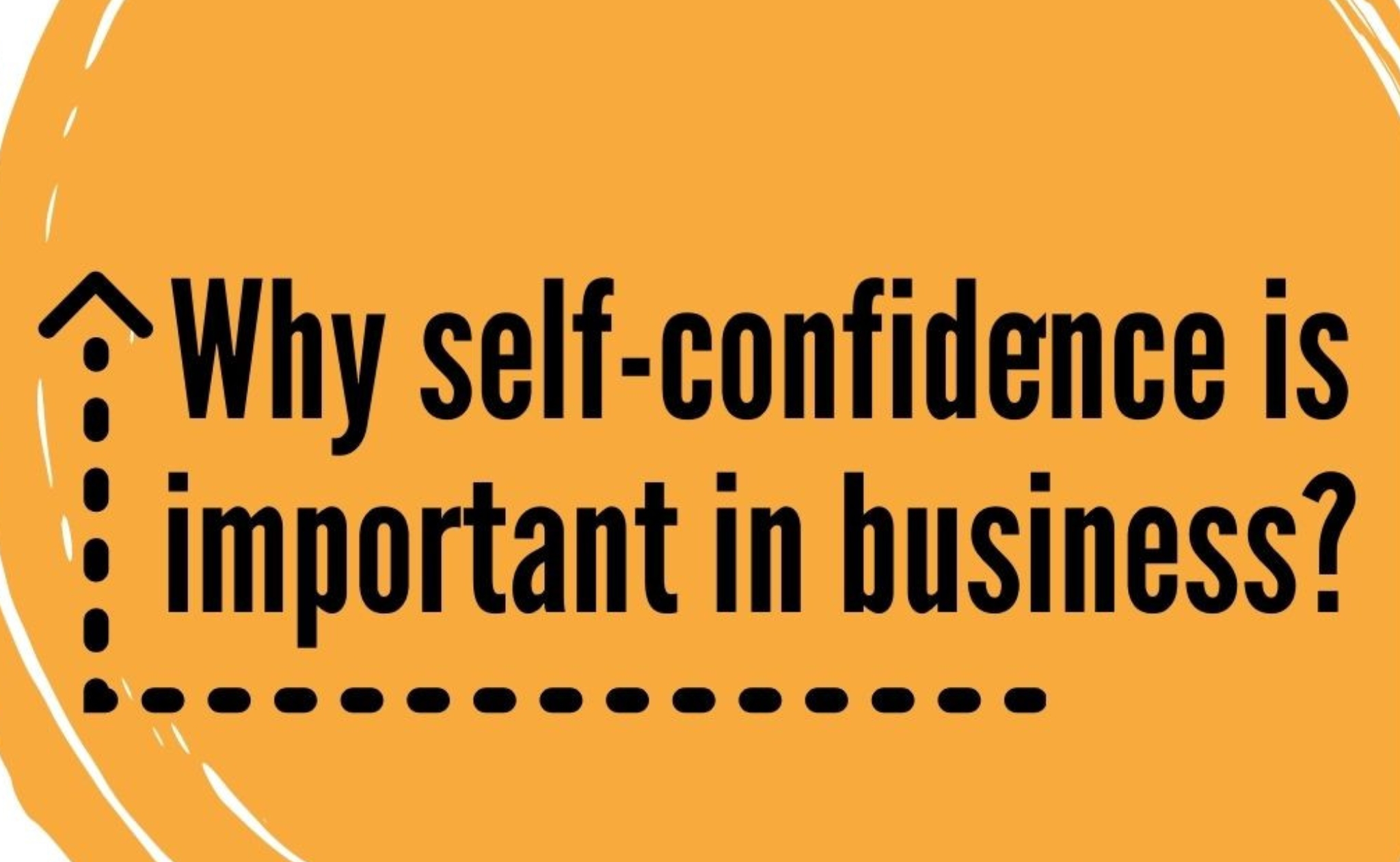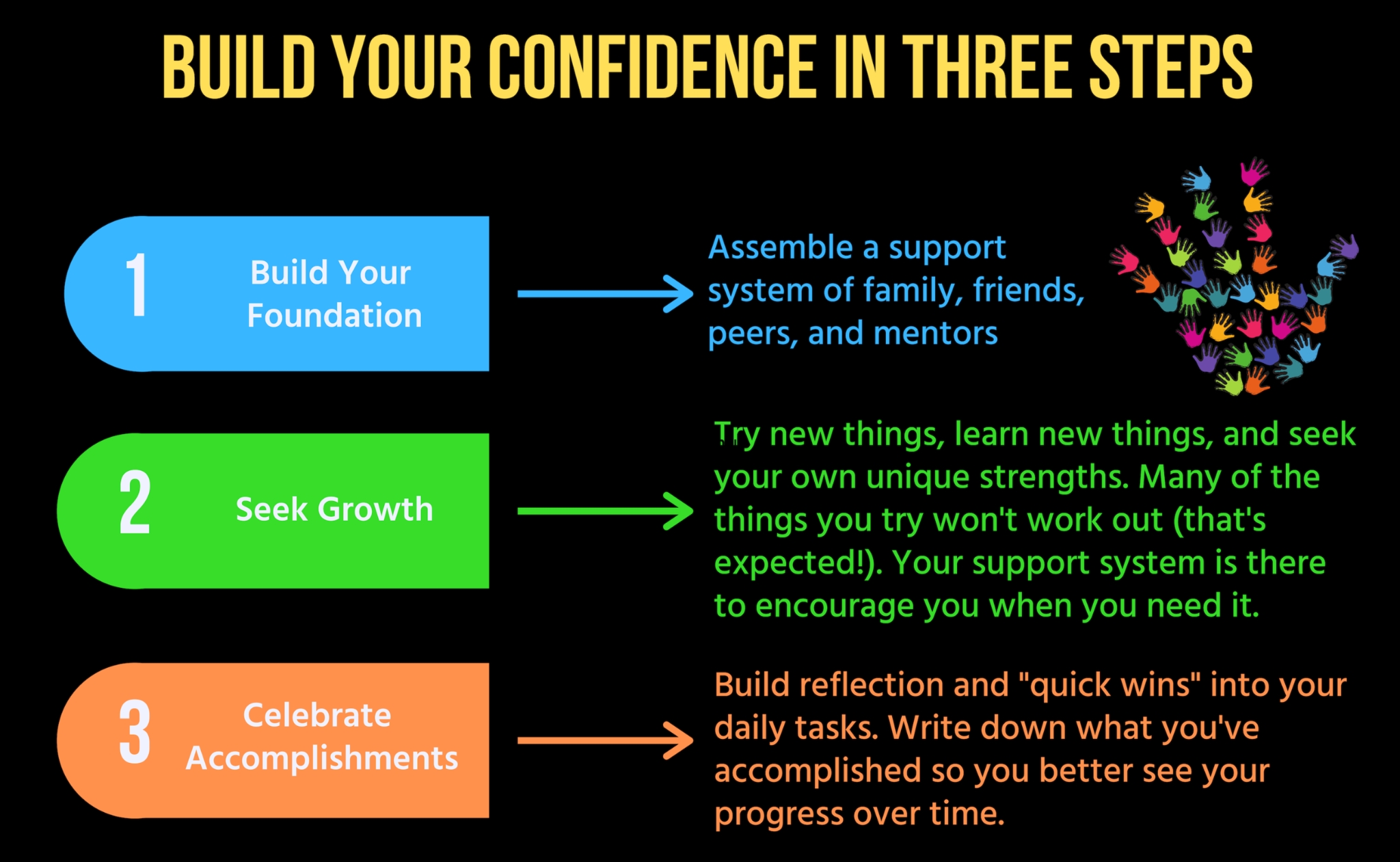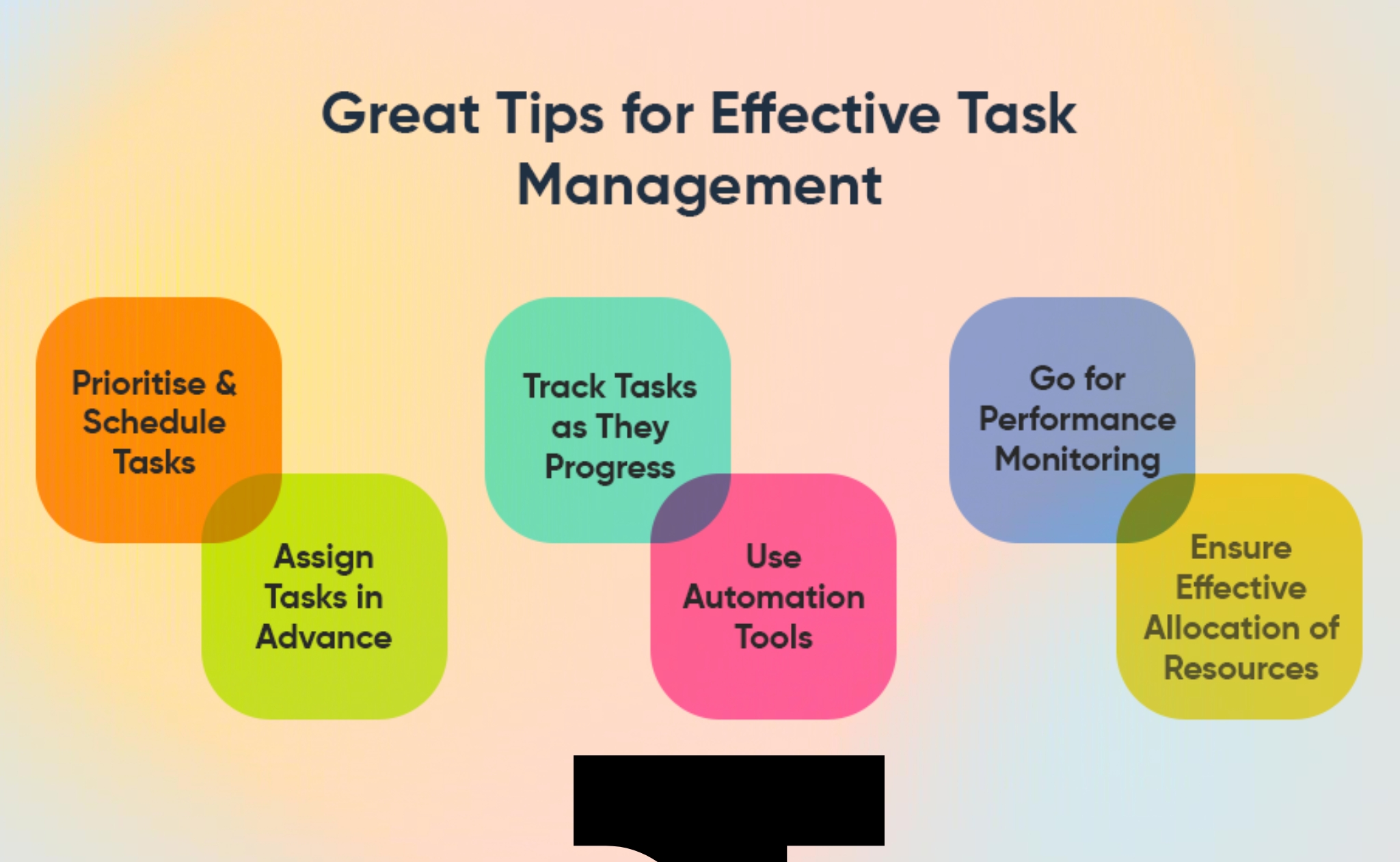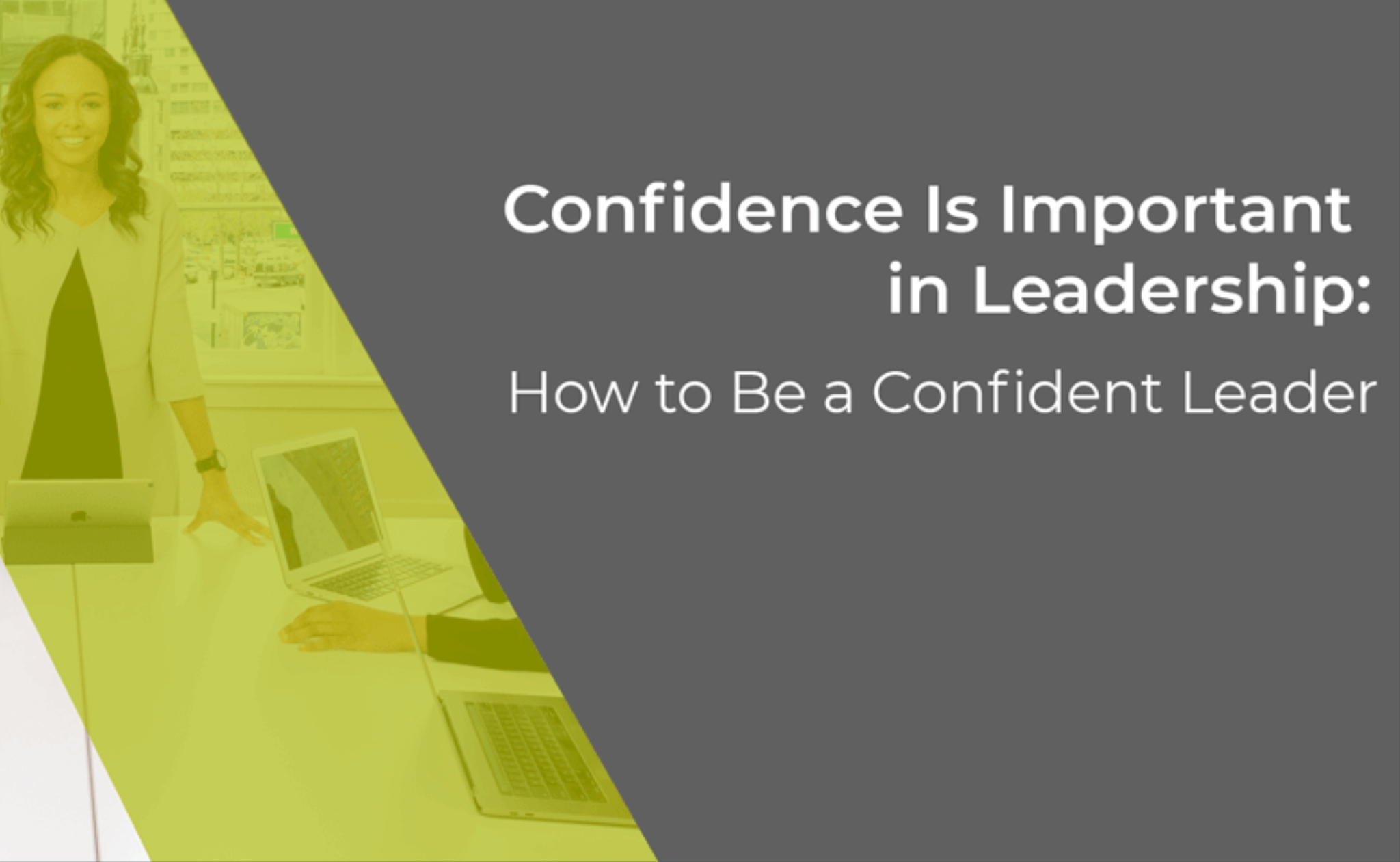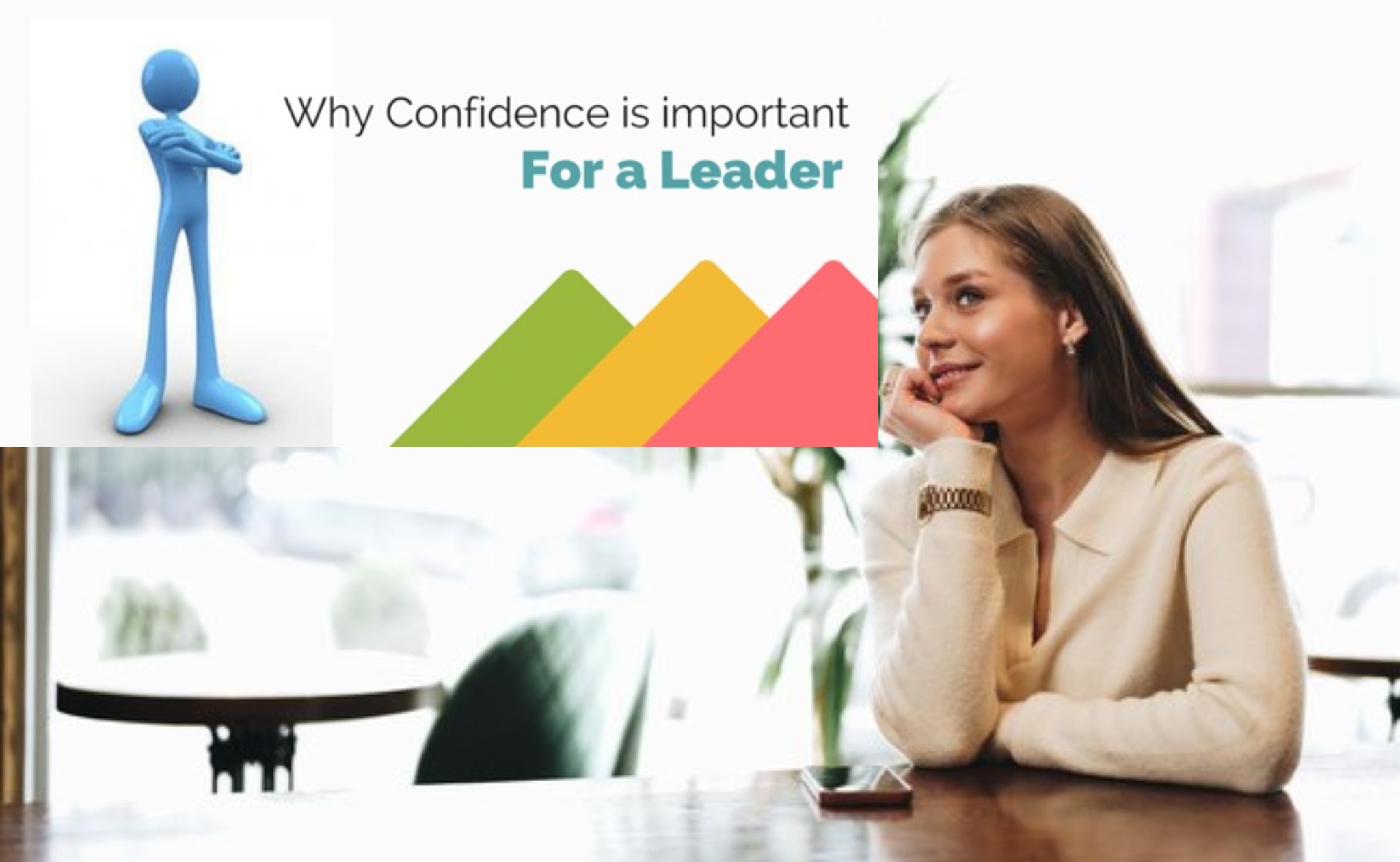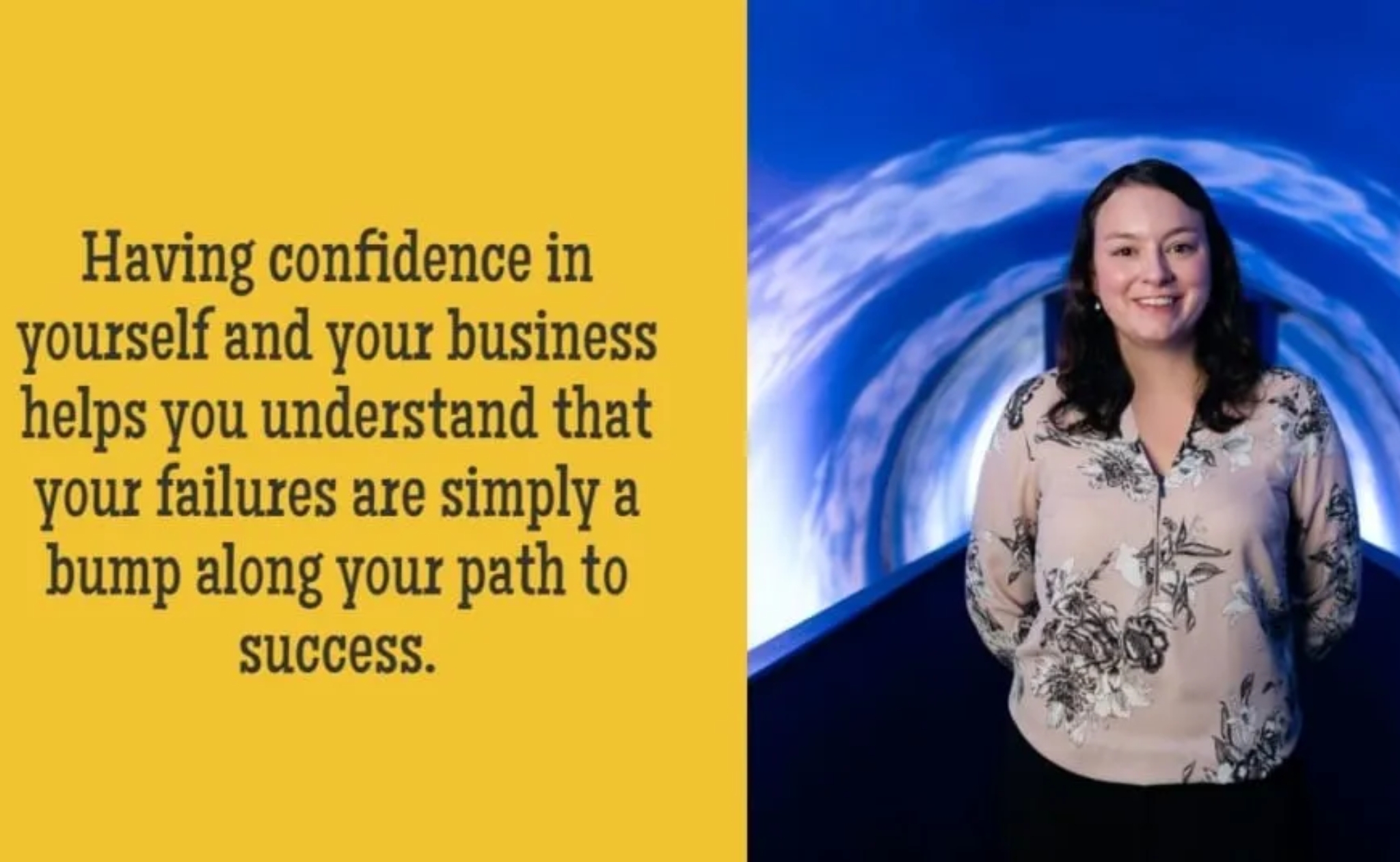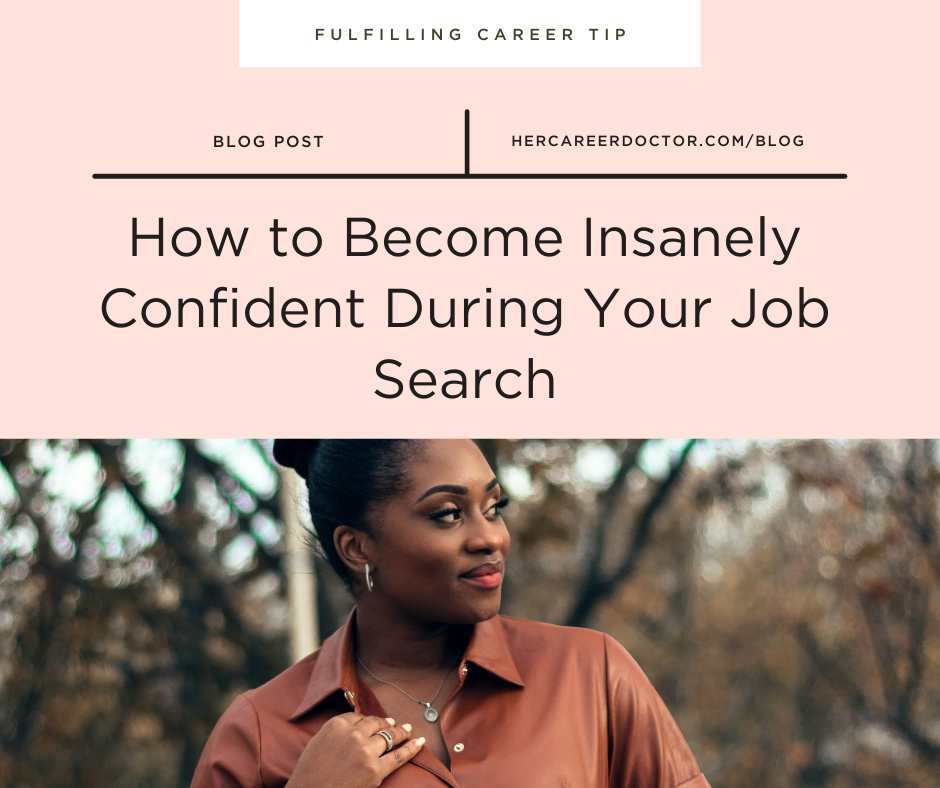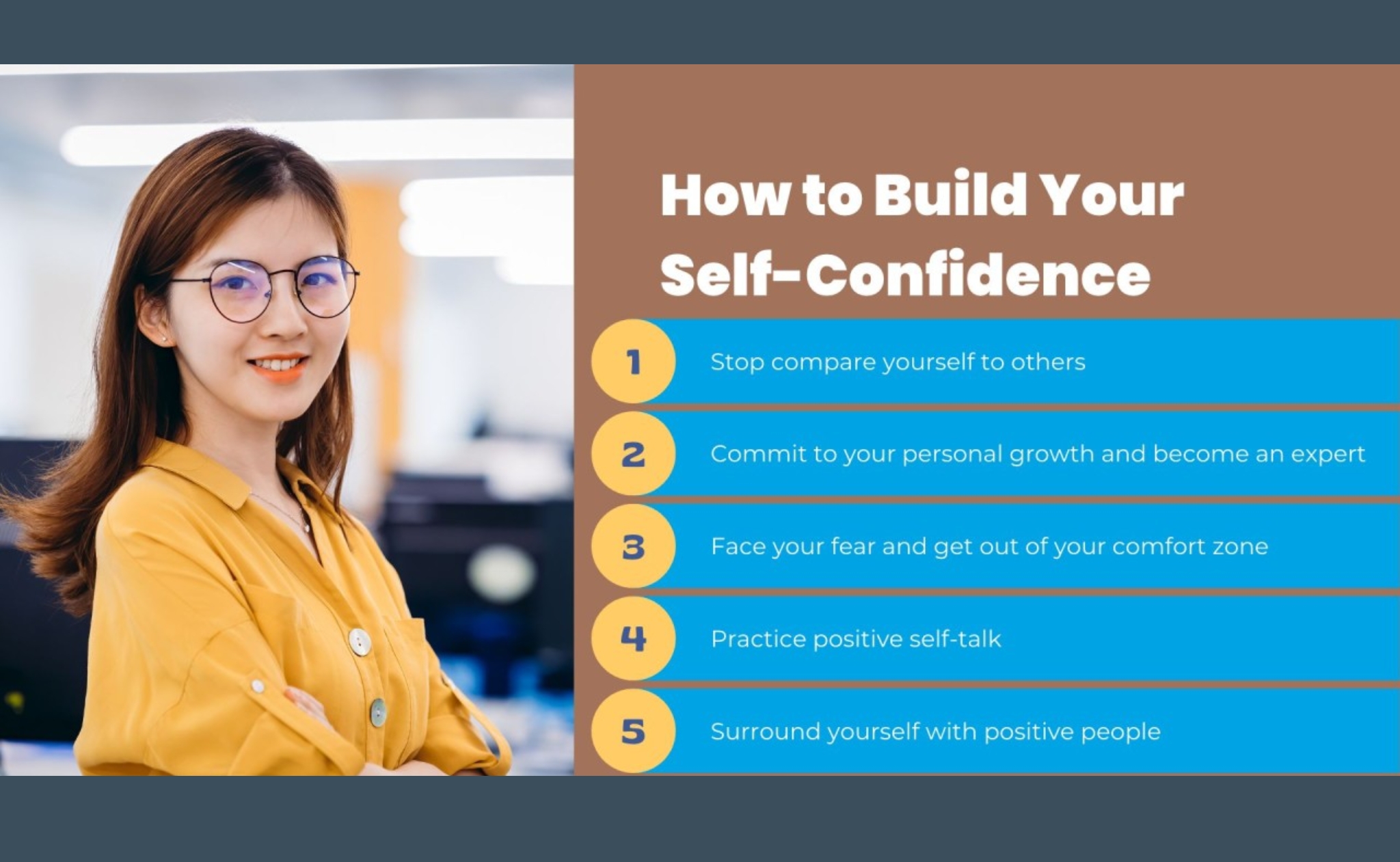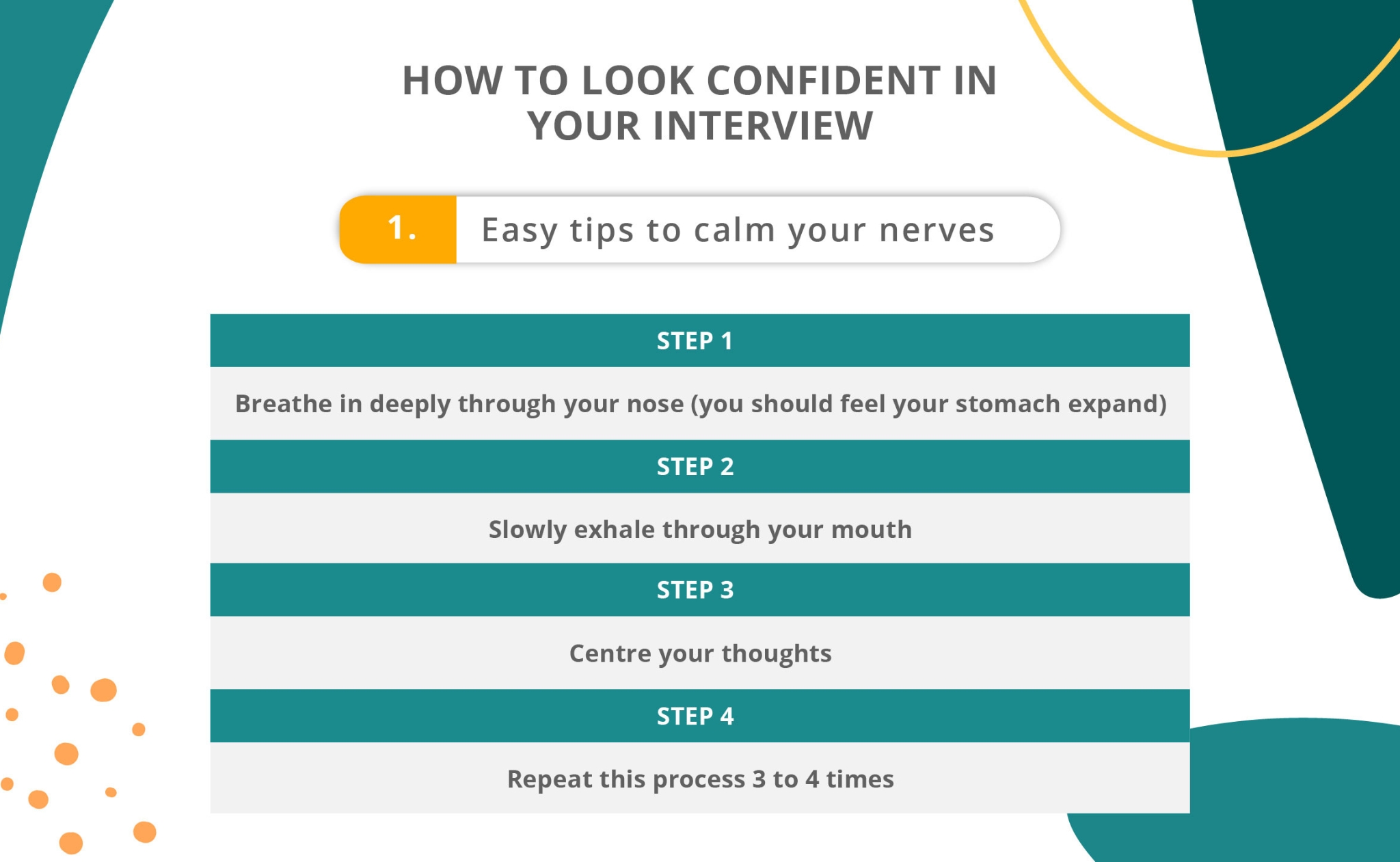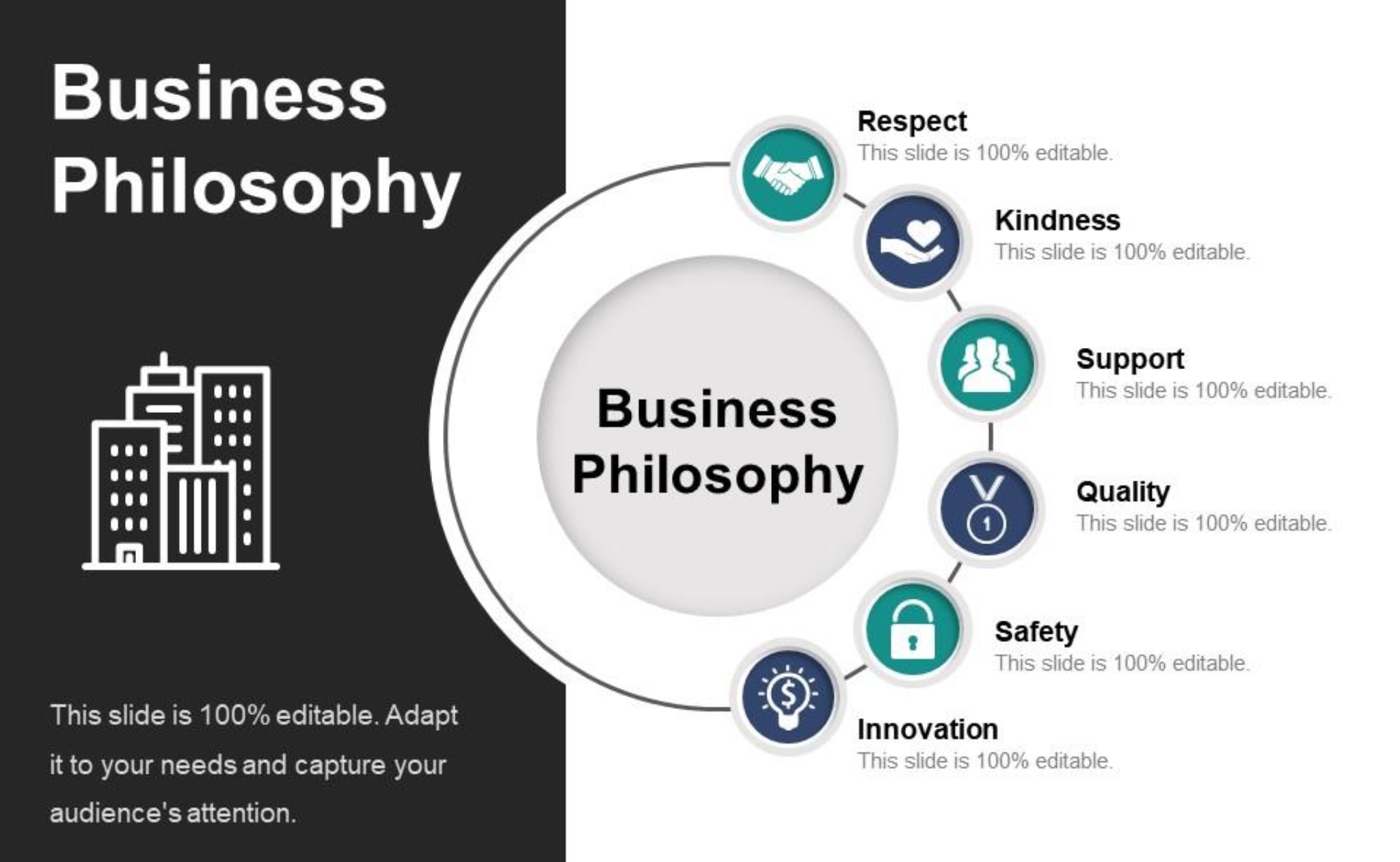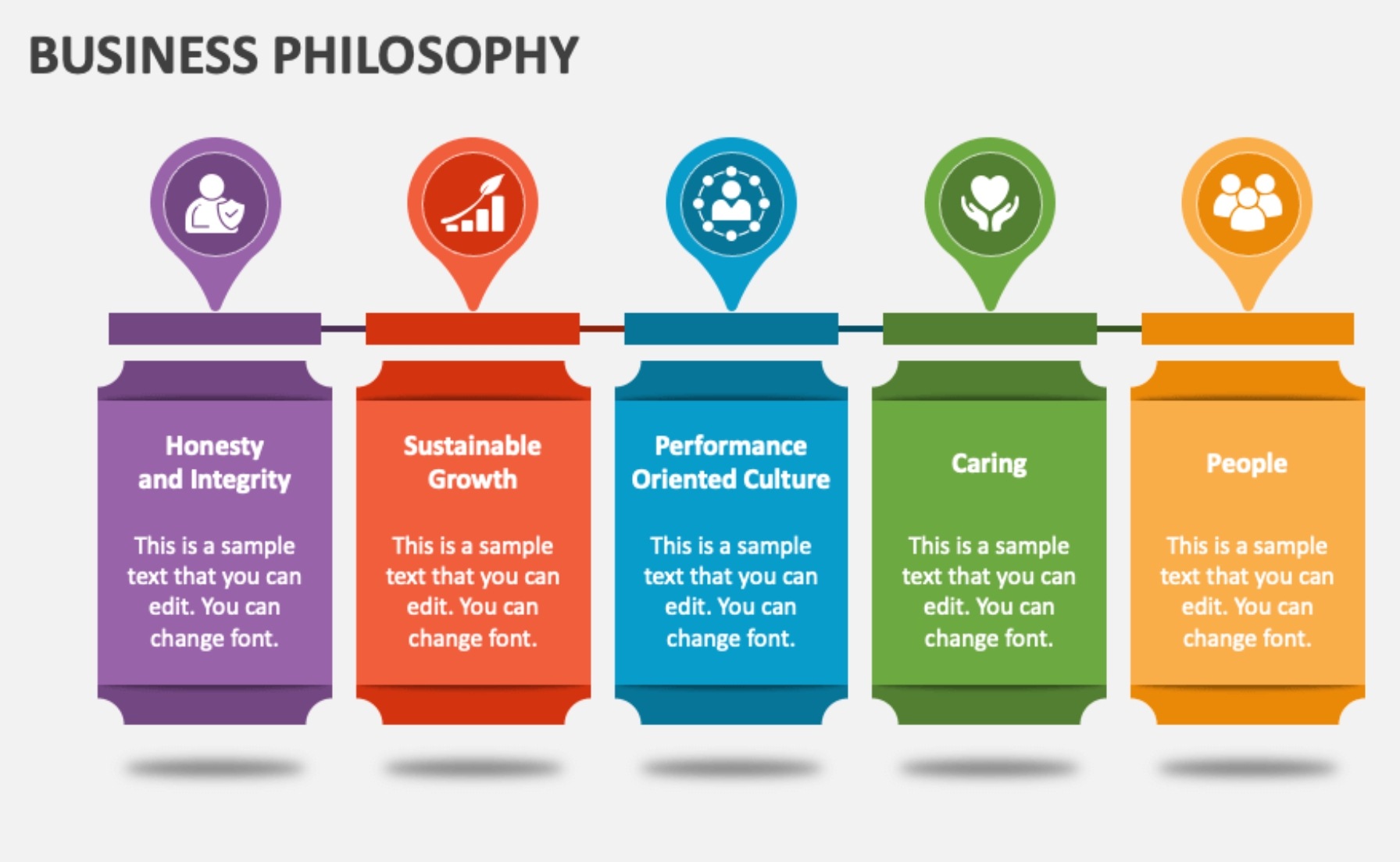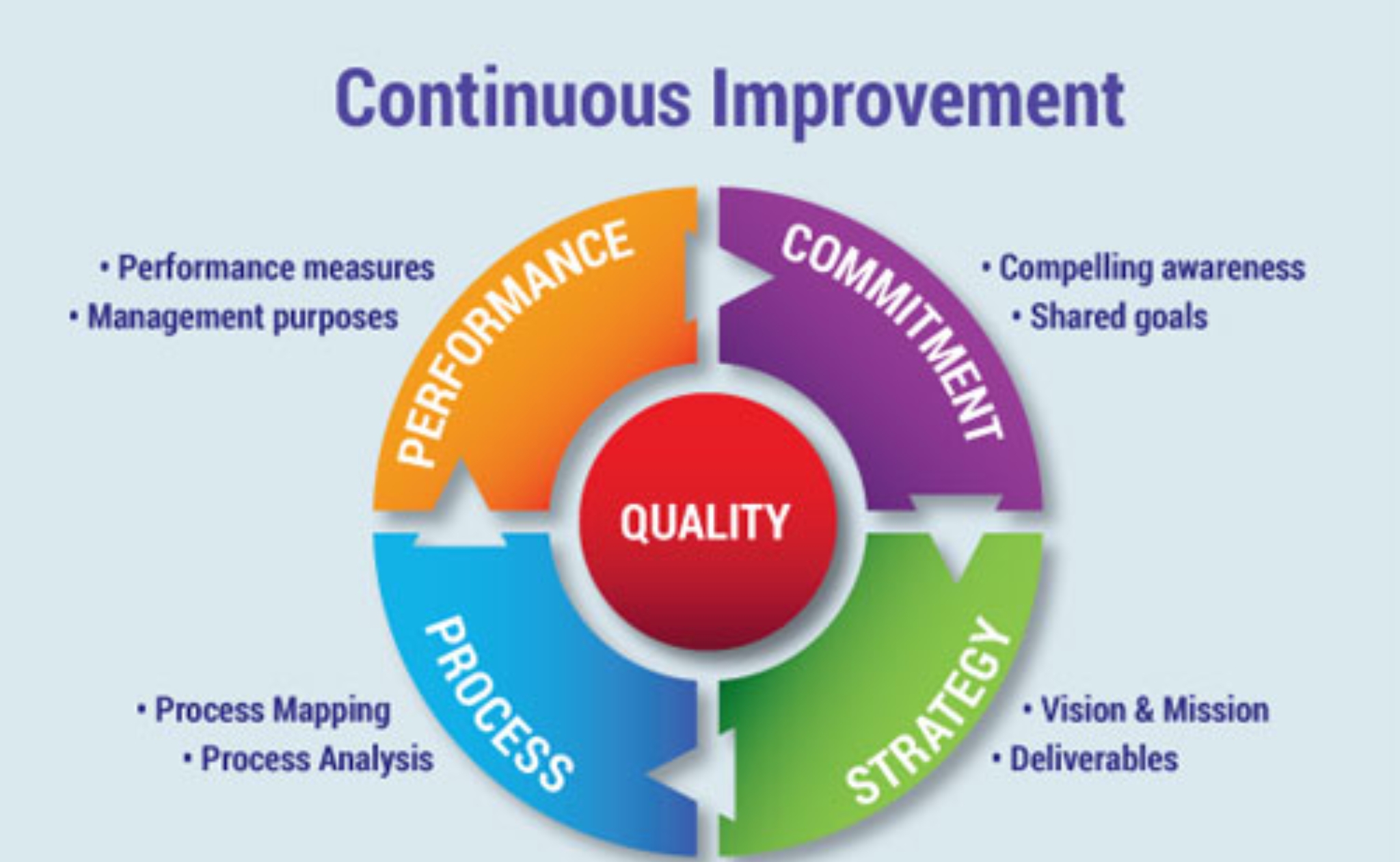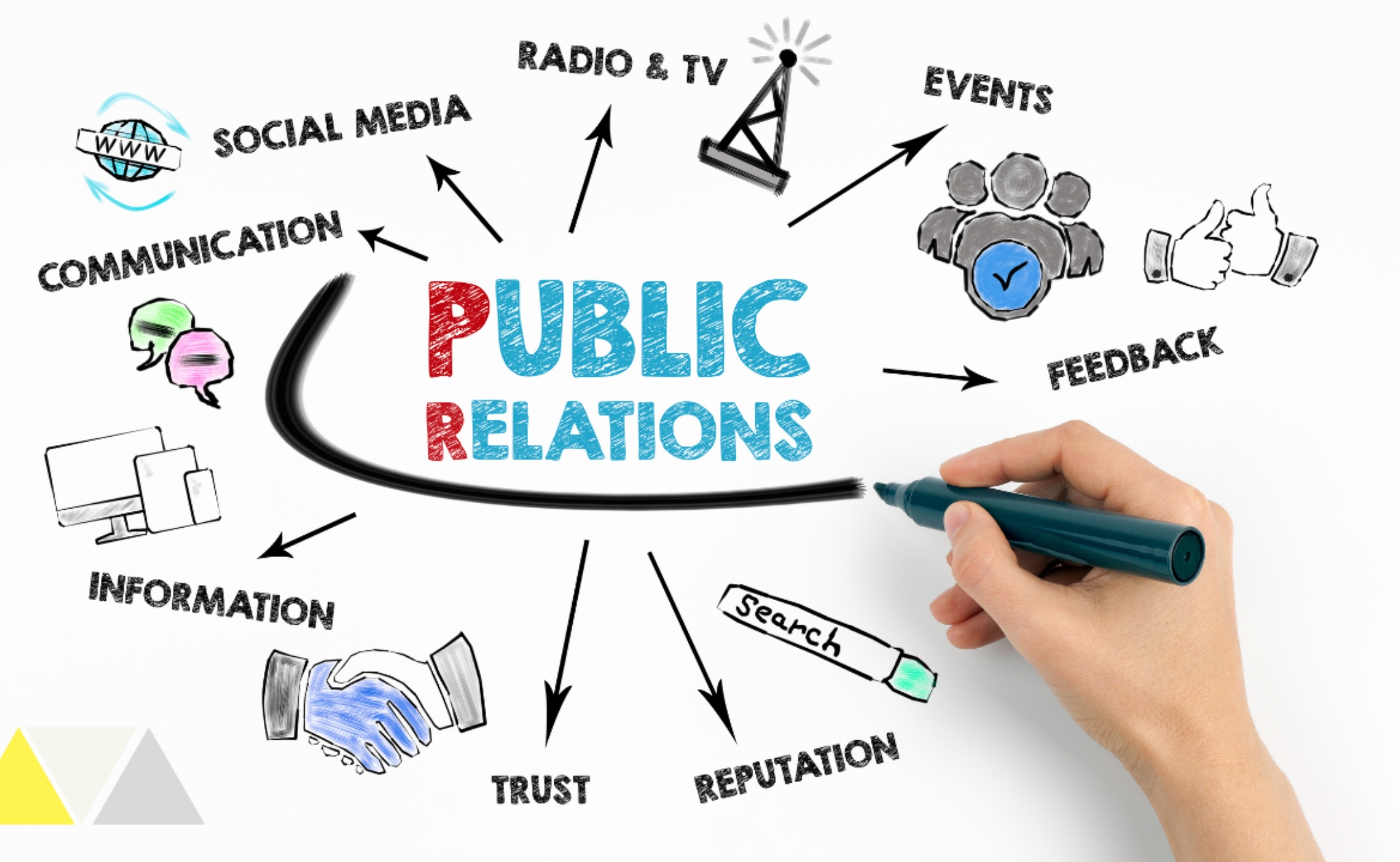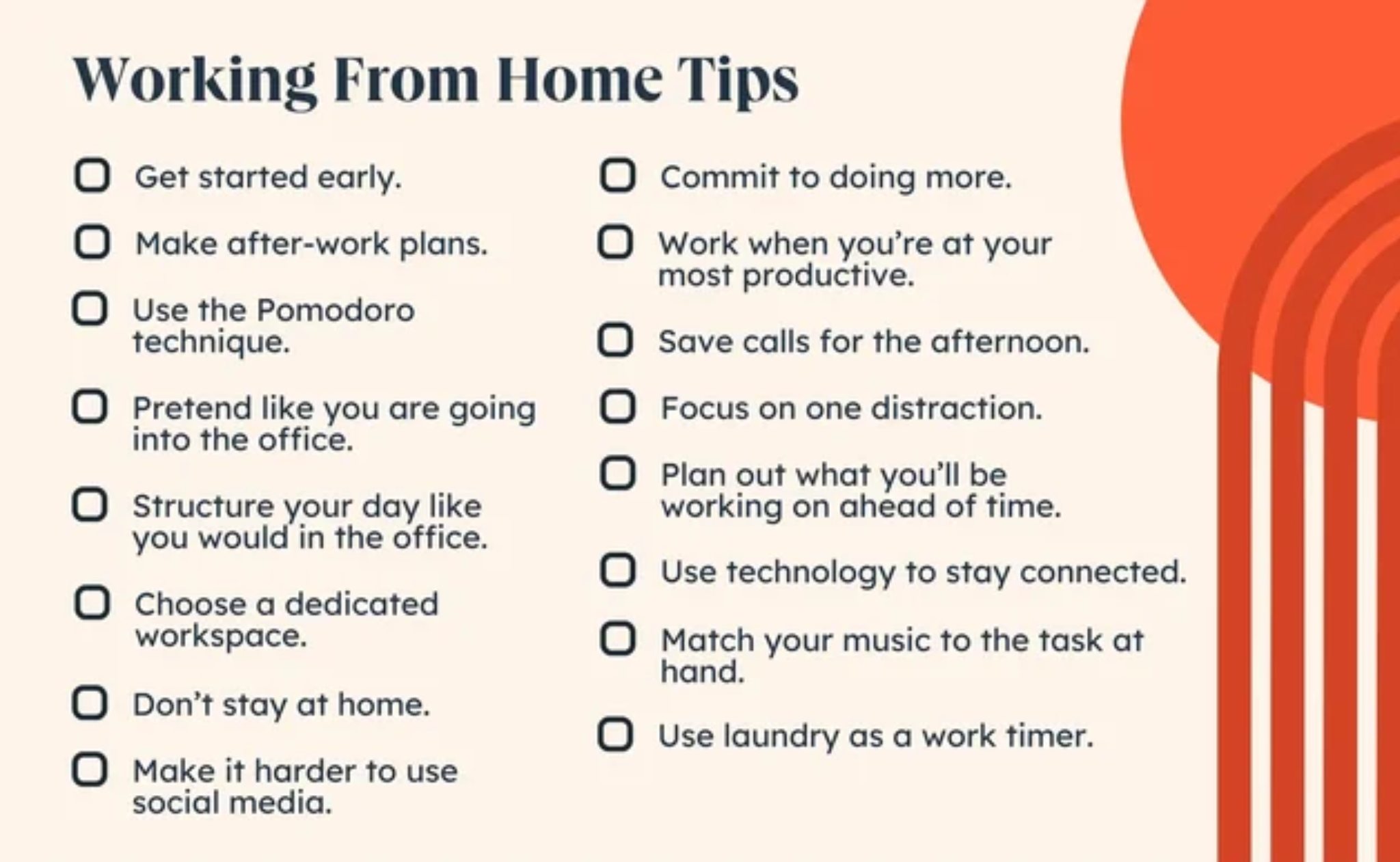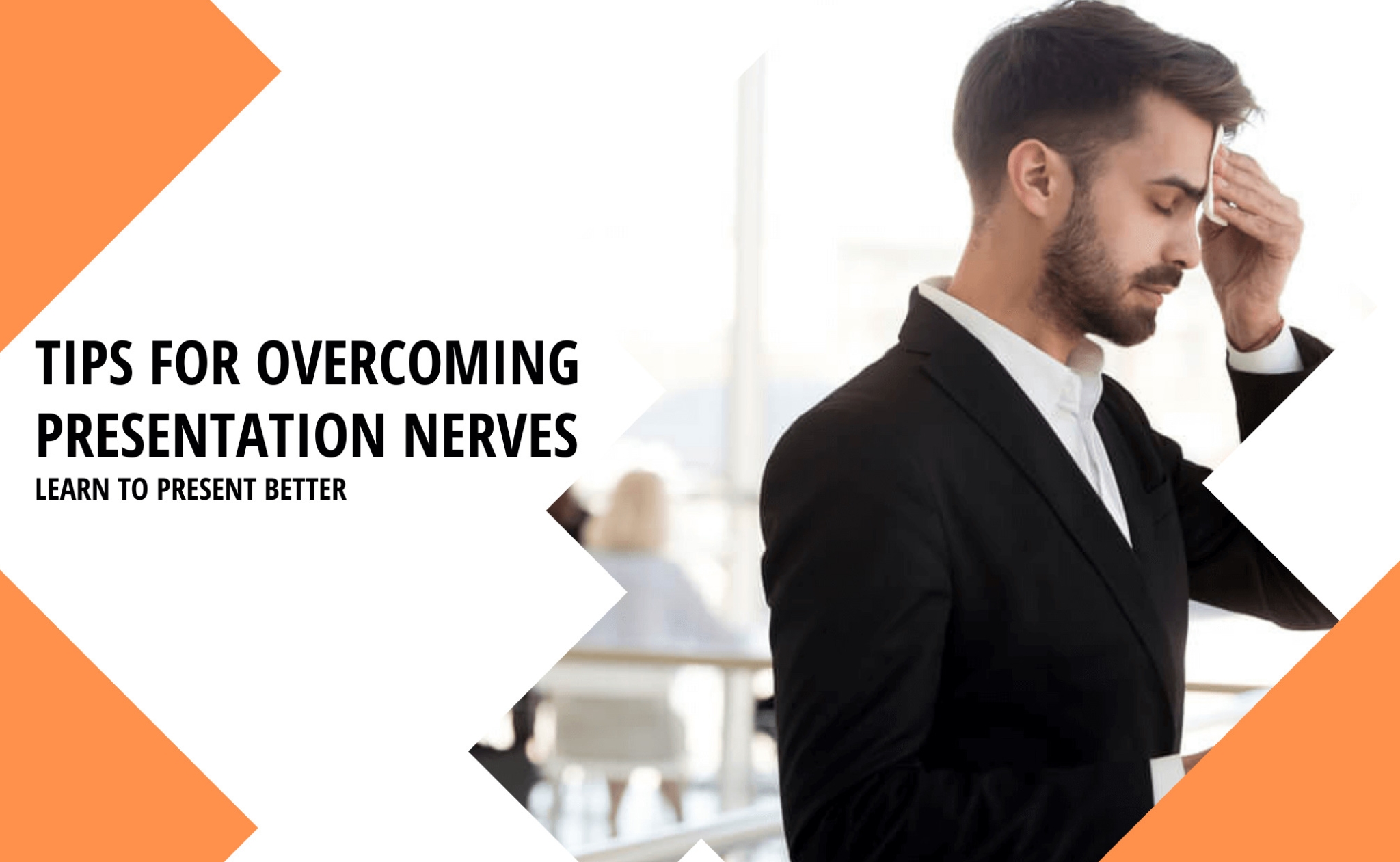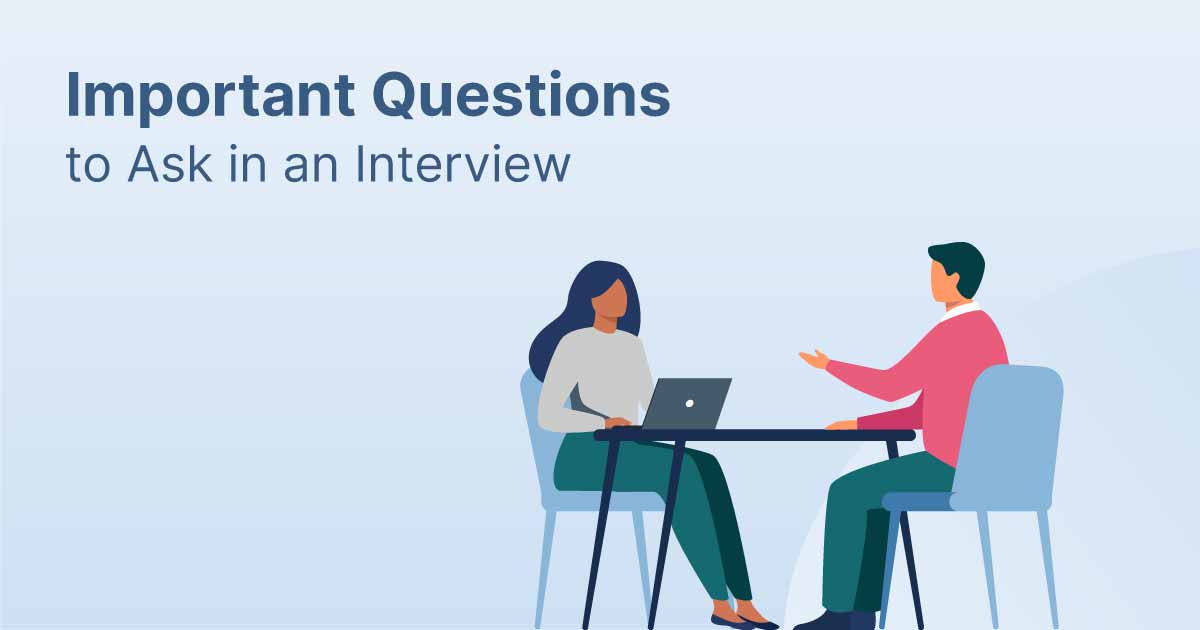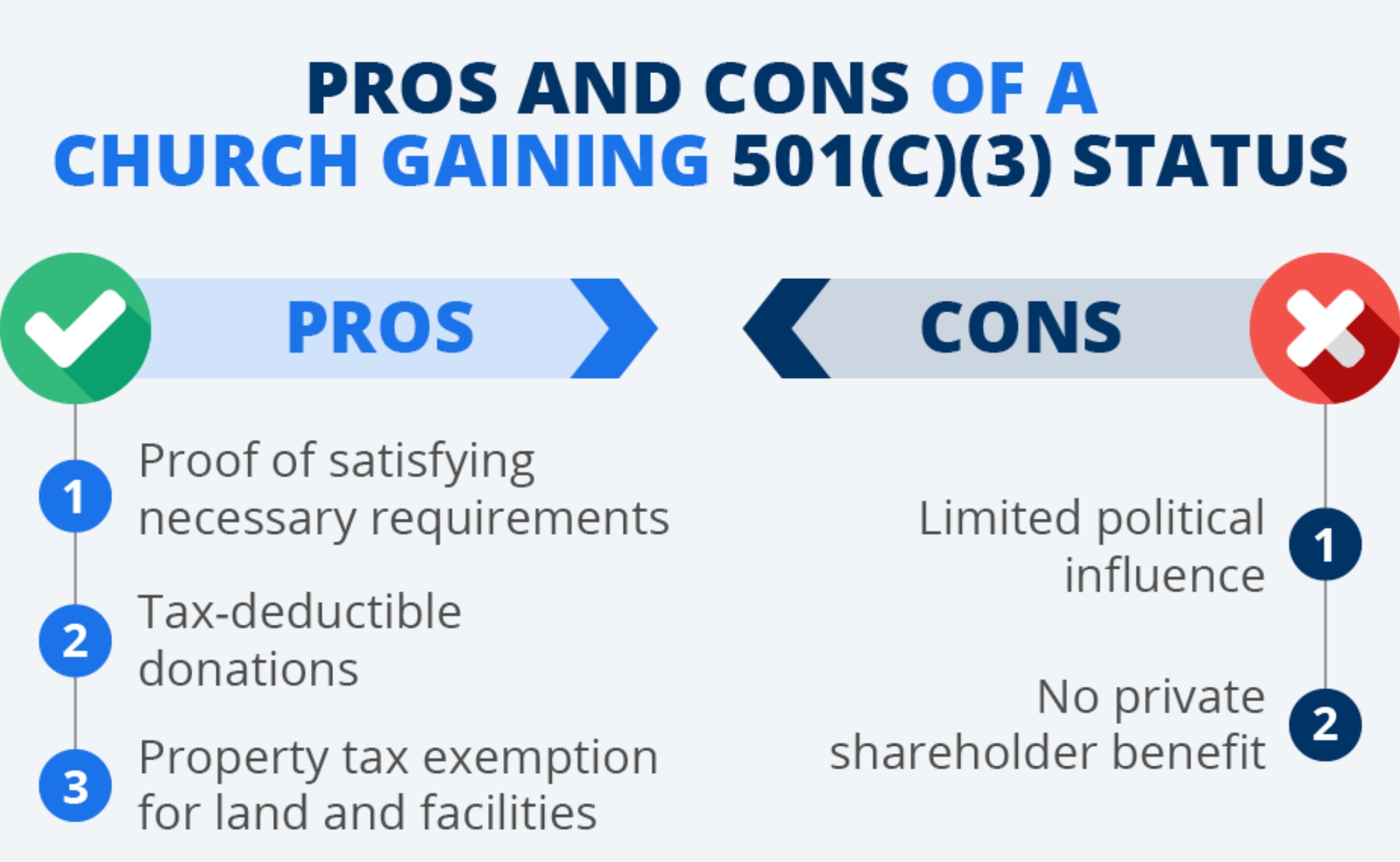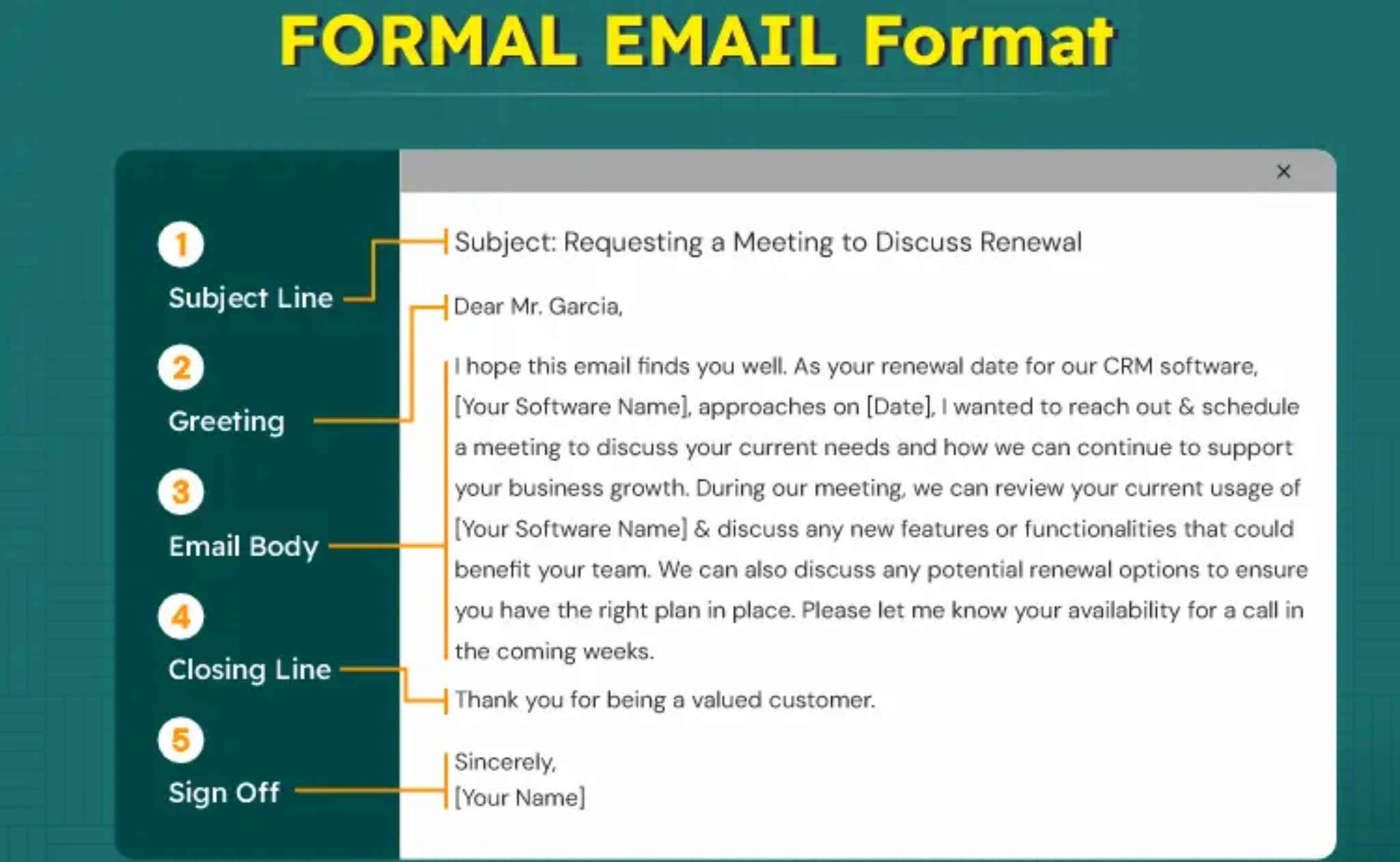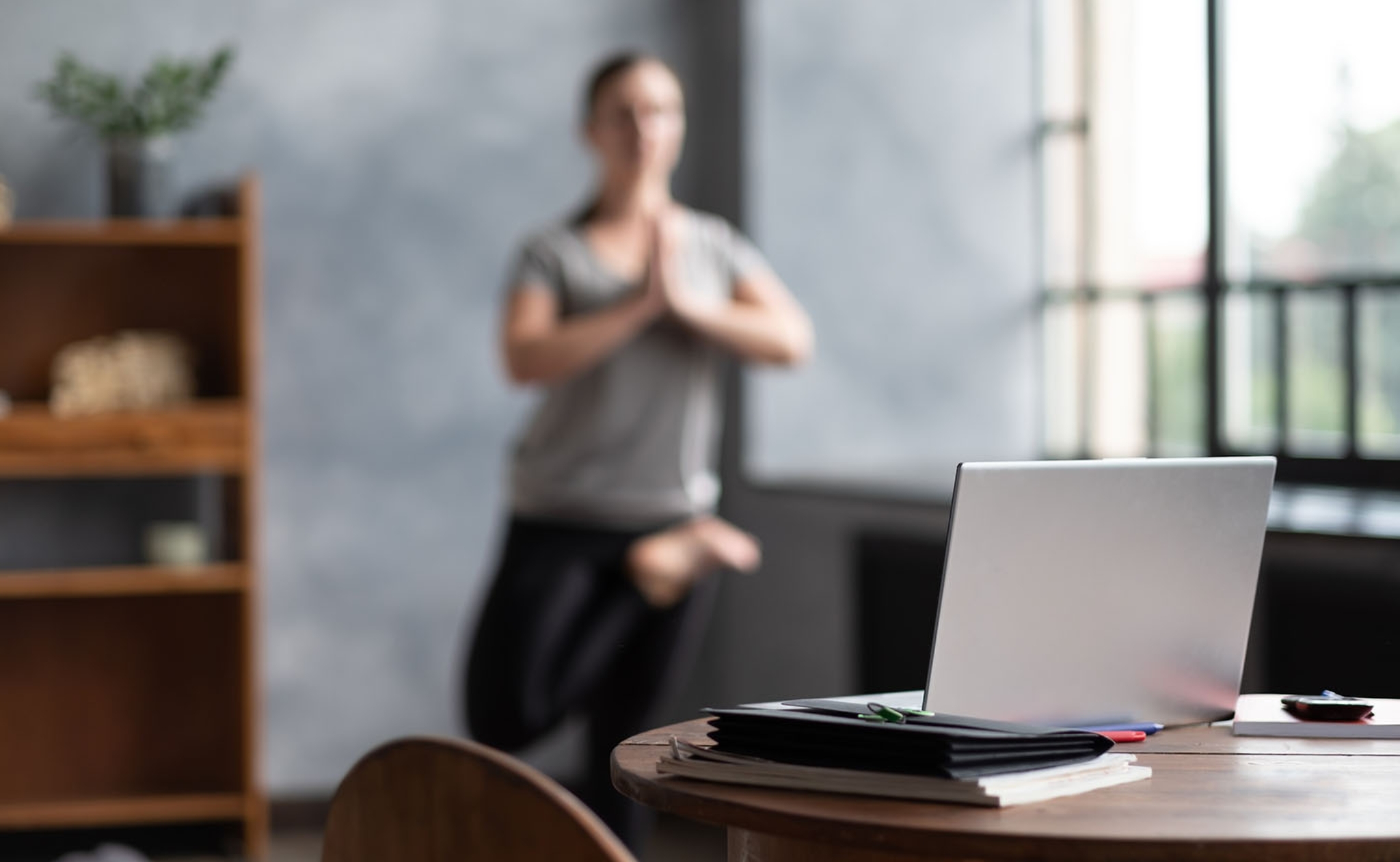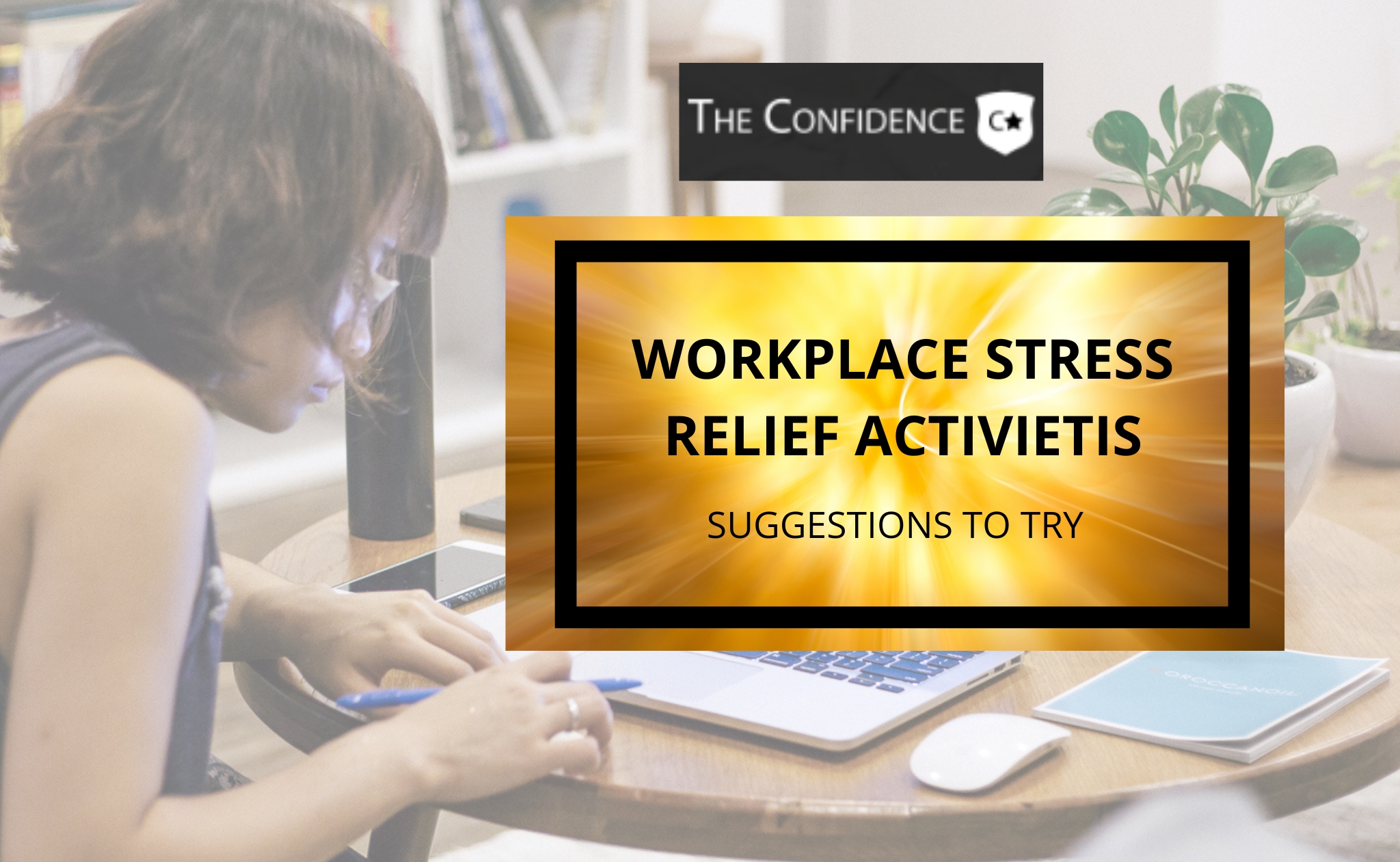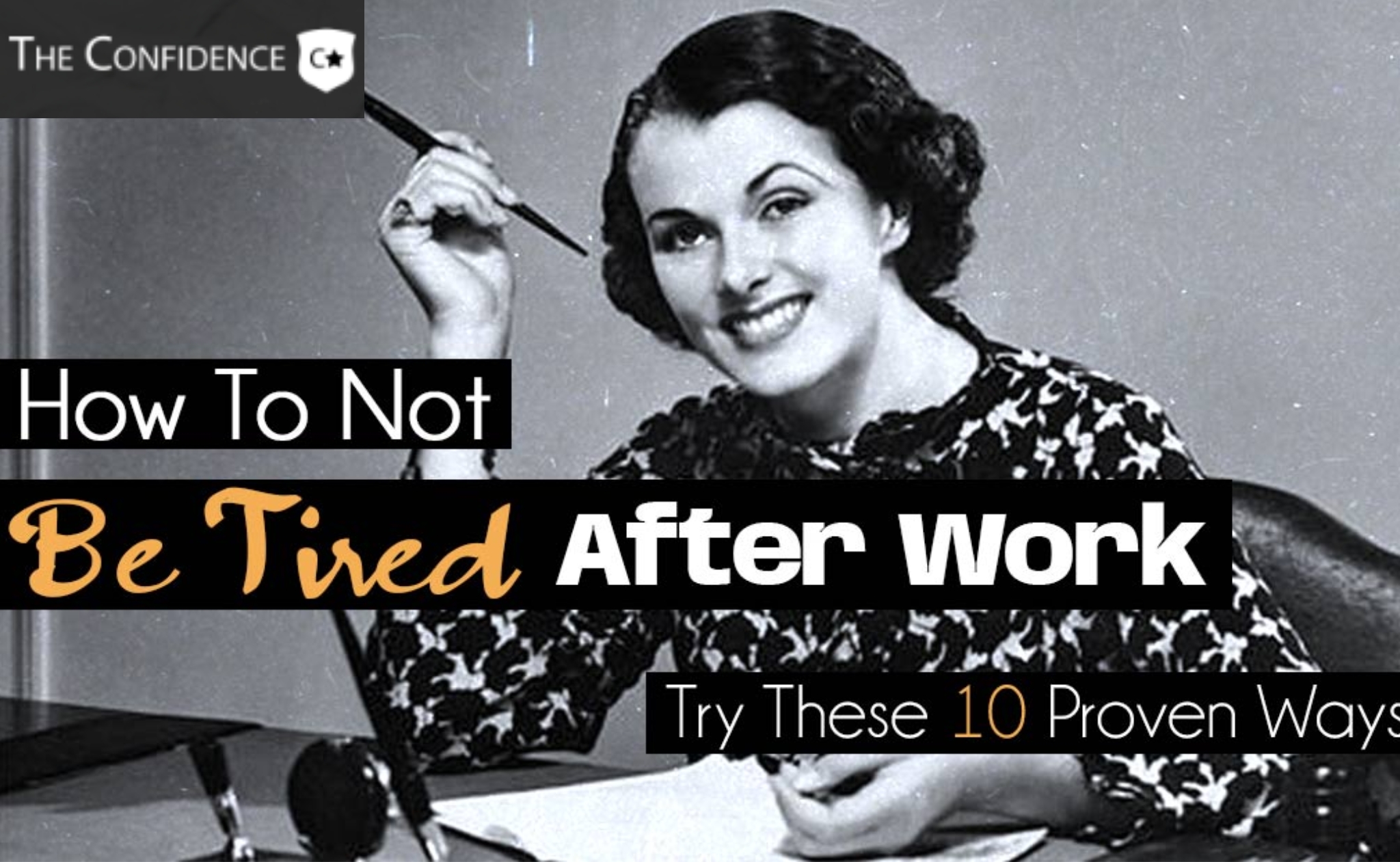I am not trying to get your confidence up or instill it because of some hyped commercialized belief in “confidence” but to enhance your confidence so that you can act more like yourself and have a clearer mind of what you want.
I know that sometimes people get lazy and just sit back and say to themselves, “I am just as confident as I was two years ago.”
I know because that is exactly what I used to say. I thought I was confident but it was an illusion of the mind because deep down inside I knew I wasn’t and this lead me to do dumb stuff.
The more I practiced and worked on my confidence the more I started to feel confident.
Here are my tips on how to do this. You can copy these or tweak them to fit your unique personality, so be bold and creative in how you apply them.
Step 1: Practice the voice

Yes, this is for the general public, but it is so very important and it’s so simple. We all speak with our voices in our heads all the time.
When we are walking down the street or buying a cup of coffee or talking to someone at work, we are always internally asking ourselves if we are confident enough to do what we want to do.
We are never truly confident until we stop the internal voice and start saying out loud to ourselves “yes, I am going to do this” and act confidently in the situation.
The voice is your ego telling you what you should and should not do, right?
Now, the main thing is to stop listening to your ego and start speaking to yourself in a way that gives you the confidence you need to do what you want to do.
So when you go into an interview, instead of listening to your ego and answering with a voice that comes out of your mouth, answer with a voice that is true to yourself.
Before we can develop true confidence we must eliminate the voice of the ego from our heads, so that we are speaking to ourselves from a place of confidence, not fear.
The next thing we can do is to practice speaking to ourselves in a way that inspires confidence and gives us the boost to act, do and succeed.
Step 2: Completely disconnect yourself from your emotions

I know, you are not going to want to hear this, but it is so very, very important.
Because if we don’t practice being totally detached from our emotions we can get caught up in emotions that could lead to failure, so you really have to give this some serious thought.
When we practice disconnecting from our emotions, we put ourselves in a position where we are not giving ourselves the time to act out of fear and do things that will bring us down.
We are instead able to act out of true confidence and be fully committed to a task, a goal, an idea,, or an opportunity.
One of the best ways I can explain it is that when we are doing things that make us feel good about ourselves and we are not attaching ourselves to something negative, we act with passion and determination.
When we are getting caught up in something negative, we will make excuses, put a negative spin on things and do everything to avoid doing them.
Most of the time, our emotions prevent us from being true to ourselves, and therefore, we stay stuck and have fear hold us back.
When we completely disconnect from our emotions we are in a place where we are completely vulnerable to whatever it is we are putting our emotions through.
The best way I can explain this is that you will notice a change in your actions, your attitude, and your outcomes.
I cannot tell you when or how it will happen. You just have to be patient.
But for now, you can start practicing detachment and disconnecting yourself from the things that make you feel bad, and you will notice a change over time.
Step 3: Set out your intentions
Your life is full of choices. If you were to die today, would you have accomplished everything that you wanted to?
If you can honestly answer yes to that, then what is one thing that you want to do this year that you did not do last year?
When you make a new year’s resolution, you are going to set out with a very specific intent to do something.
You are going to make a written plan, talk to someone who can keep you on track, and then you will put your heart and soul into completing the task.
You will take the necessary steps to do it.
Now, you may not be able to accomplish all of the things you set out to do in a year.
You might want to accomplish more, but the most important thing to keep in mind is that you need to understand that there is no right or wrong, no perfect plan.
But that does not mean that you should give up. It just means that you have to keep working and you might not accomplish everything you hope to do, but if you have something specific that you want to achieve, the most important thing you can do is put your heart and soul into the process.
Step 4: Let your confidence grow with each success

If you set out to accomplish something but start experiencing obstacles along the way, you will have a difficult time feeling confident.
What does that mean? Simply put, you are not going to be able to stand up and face the challenges head-on if you are going to sit back and allow them to defeat you.
Instead of feeling like a victim of circumstance, we must understand that we can overcome those obstacles if we can manage them. We can start using that situation to build our confidence.
A common phrase I see business people use regularly is “everything happens for a reason.”
This is actually a very powerful phrase, but it can be very harmful to our confidence when it’s used as a cop-out.
Instead of being confident, you start making excuses. You start saying that everything happens for a reason.
But at the end of the day, you are choosing to sit around and blame the world for your problems.








